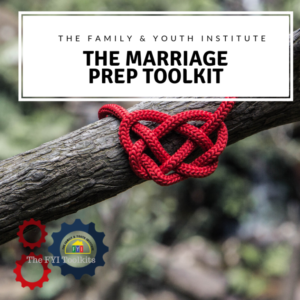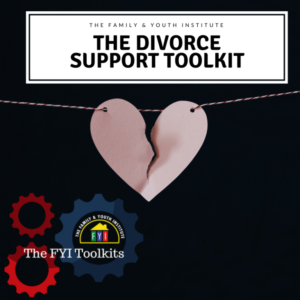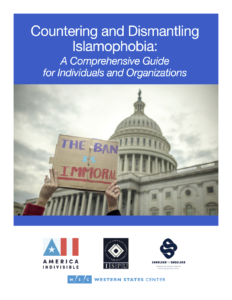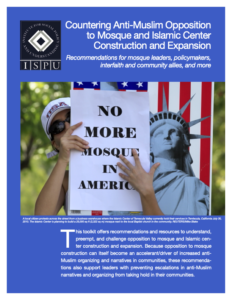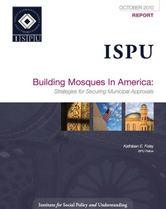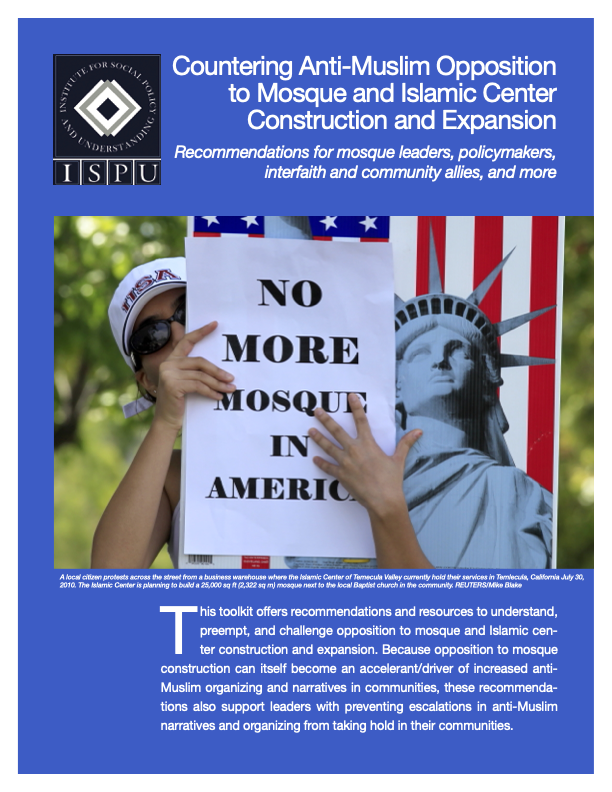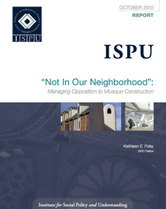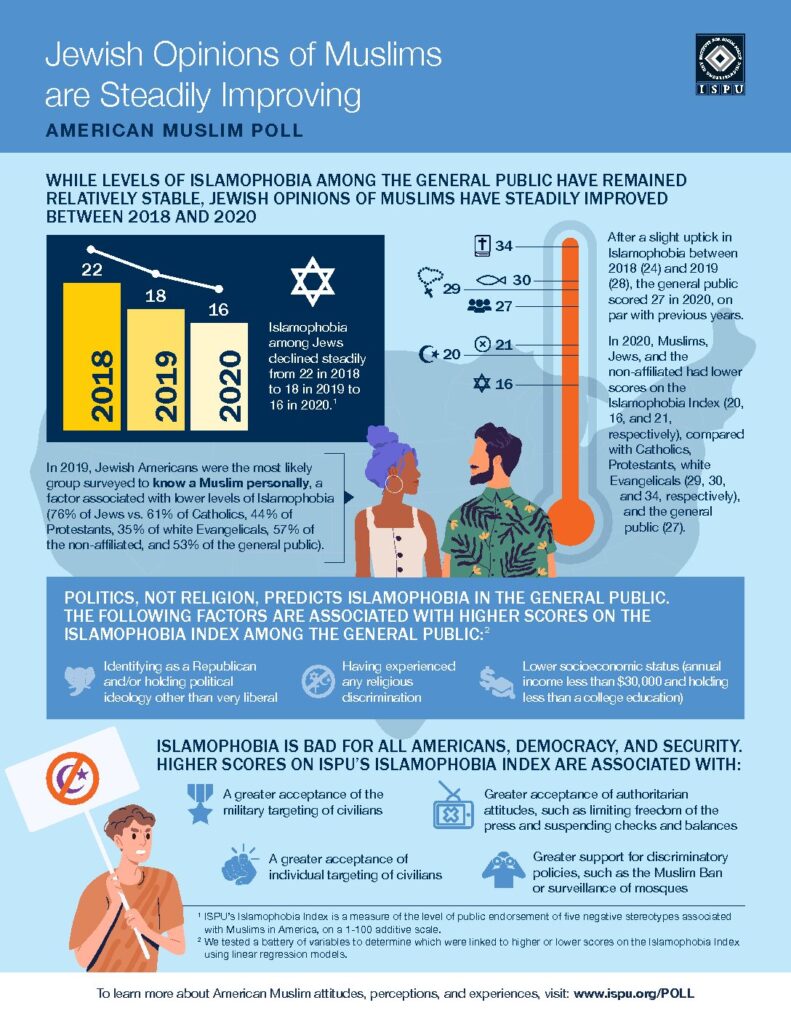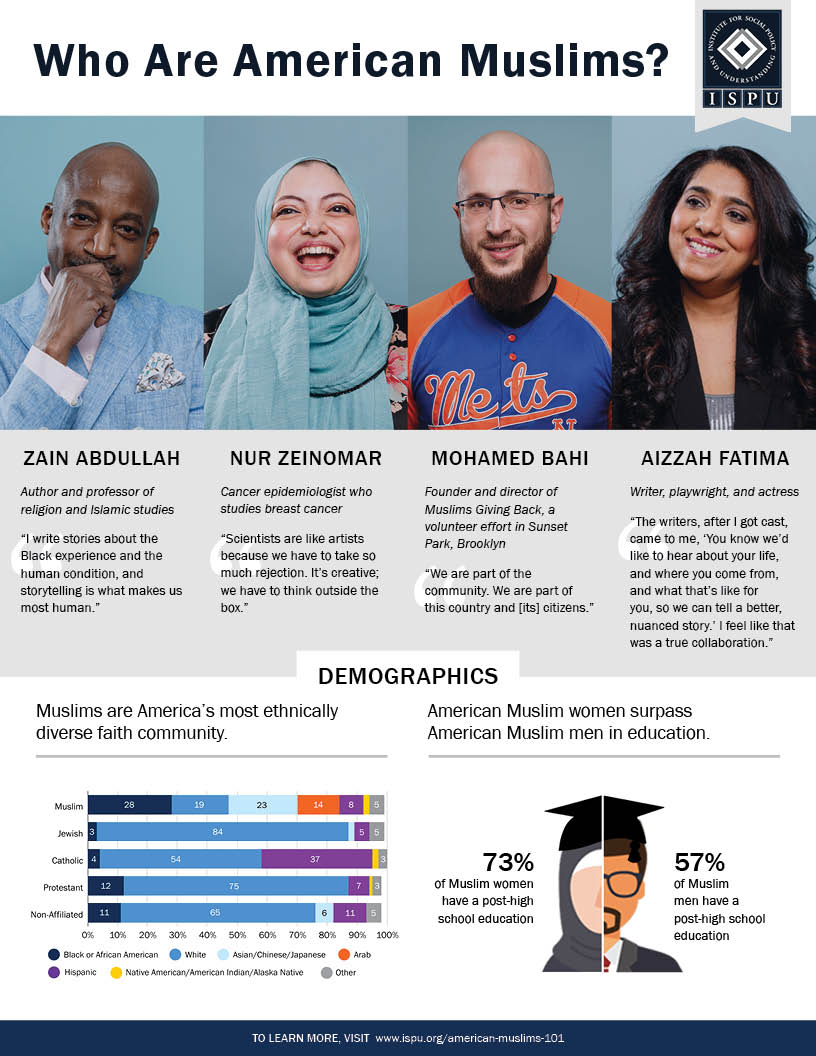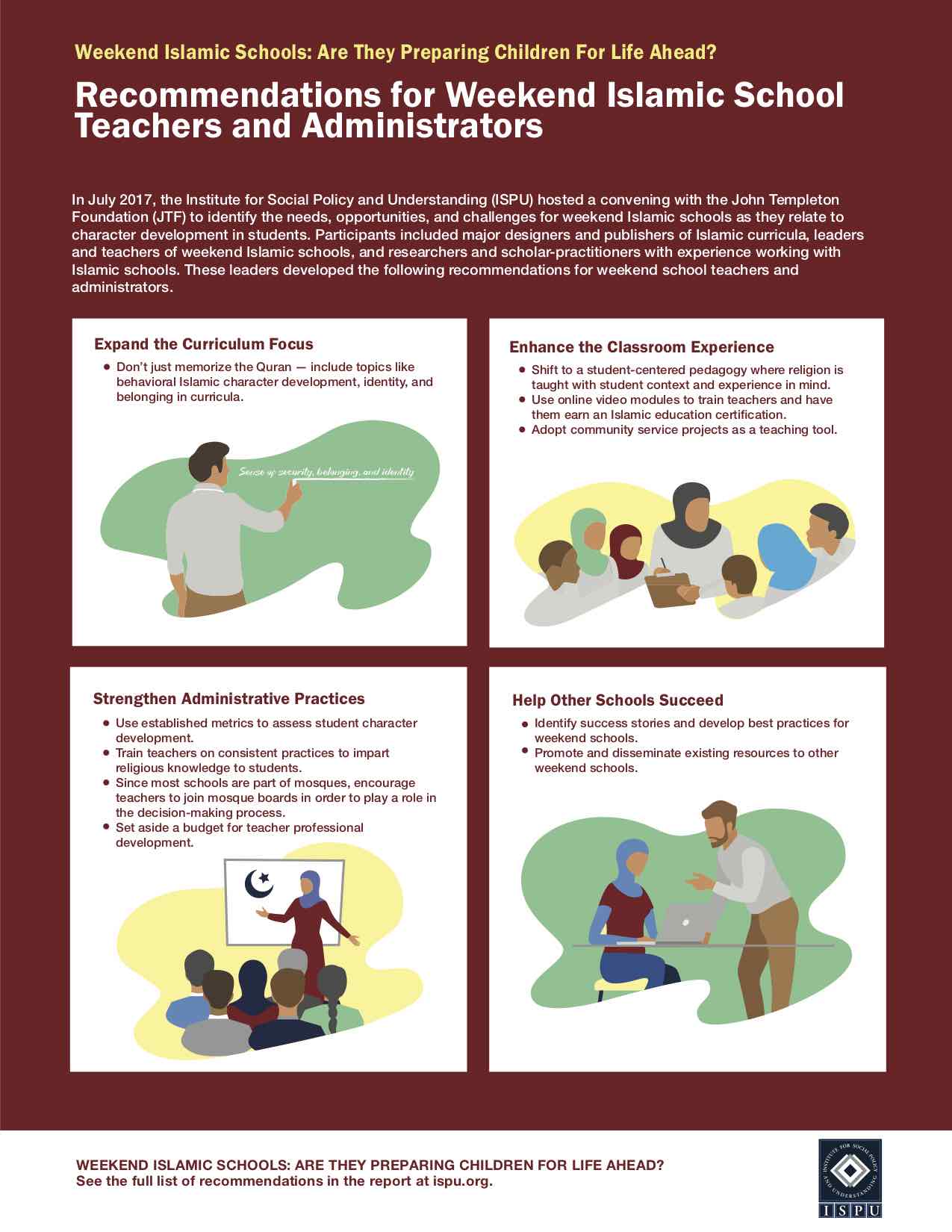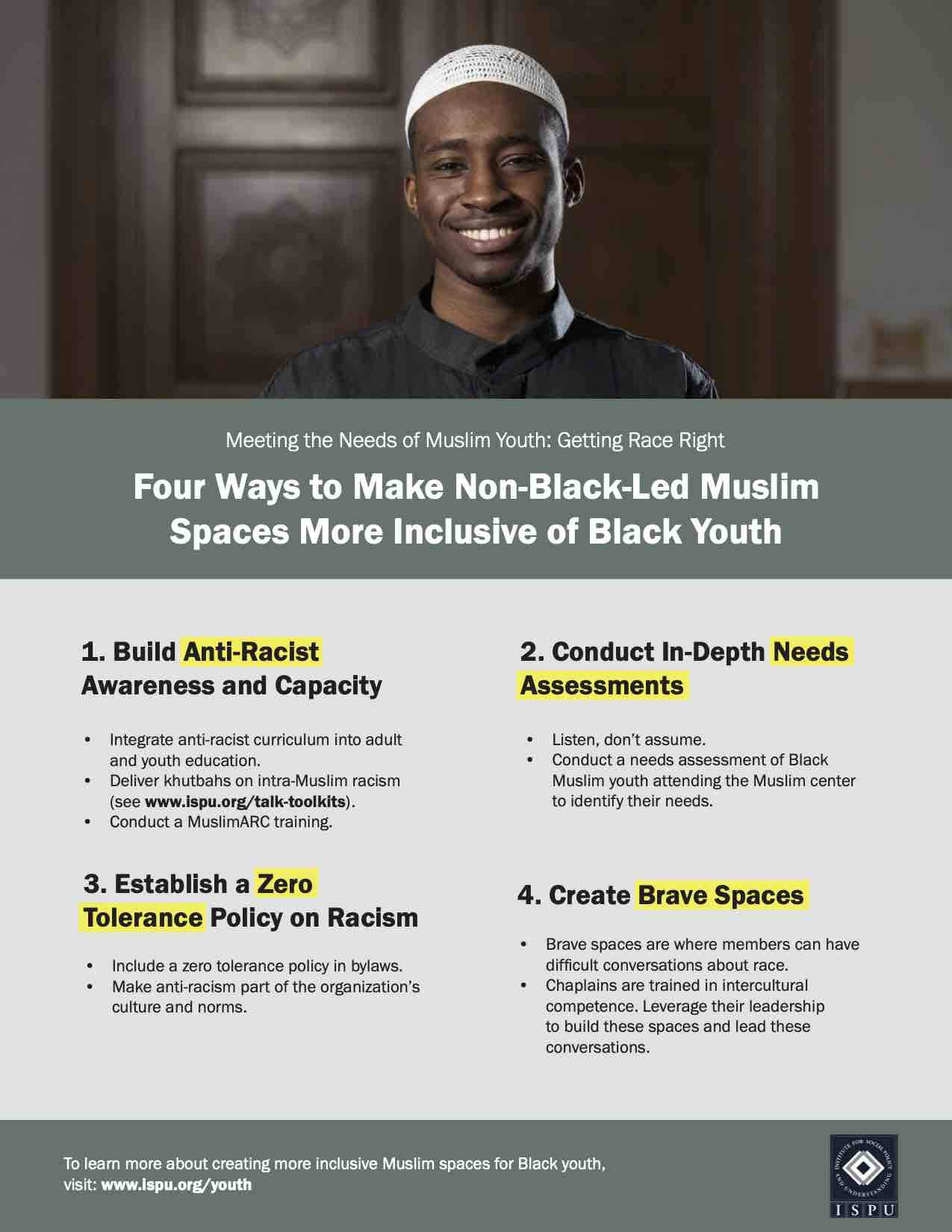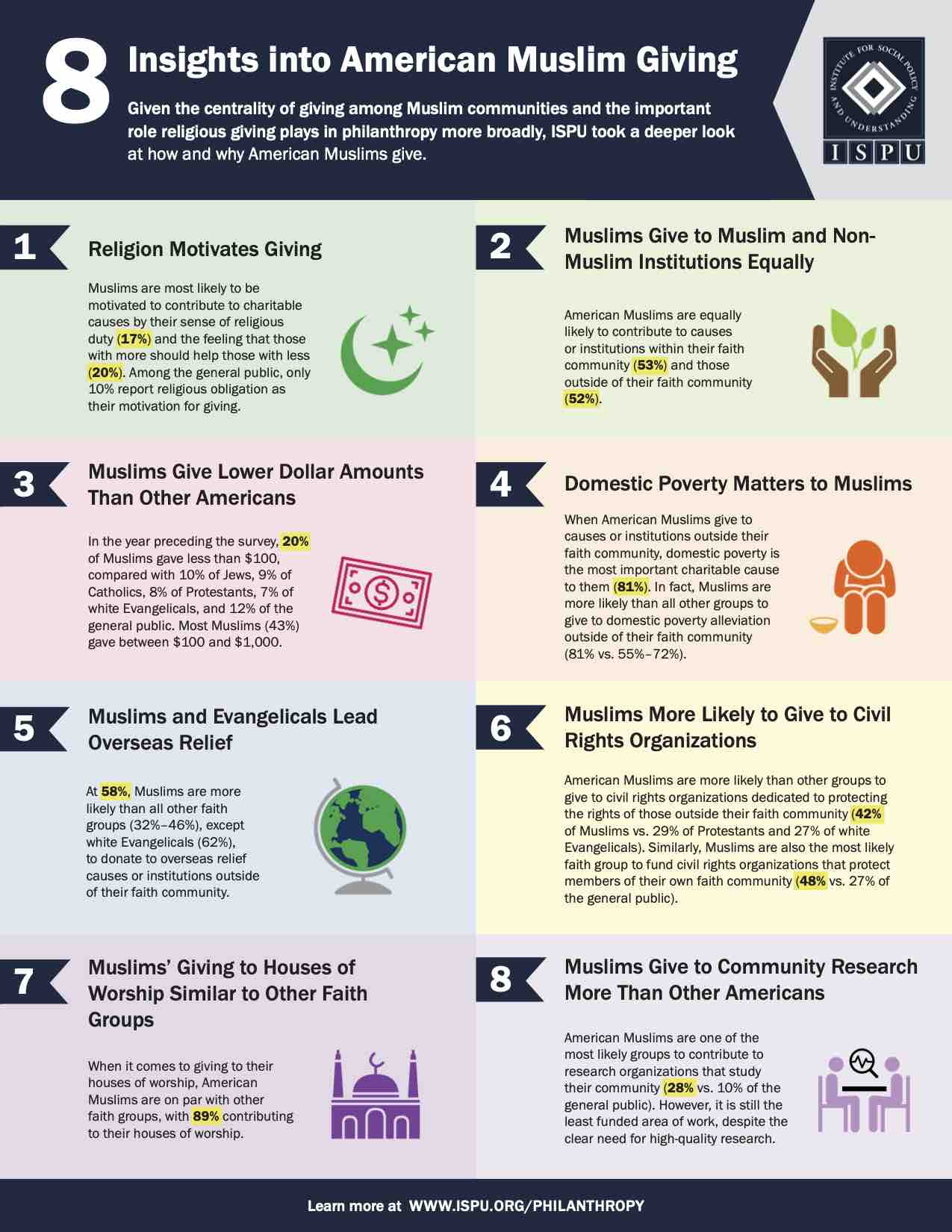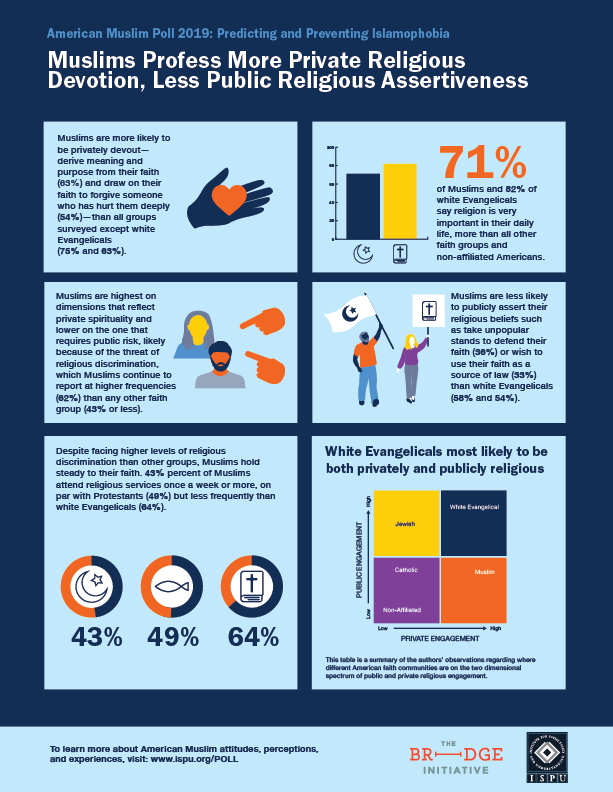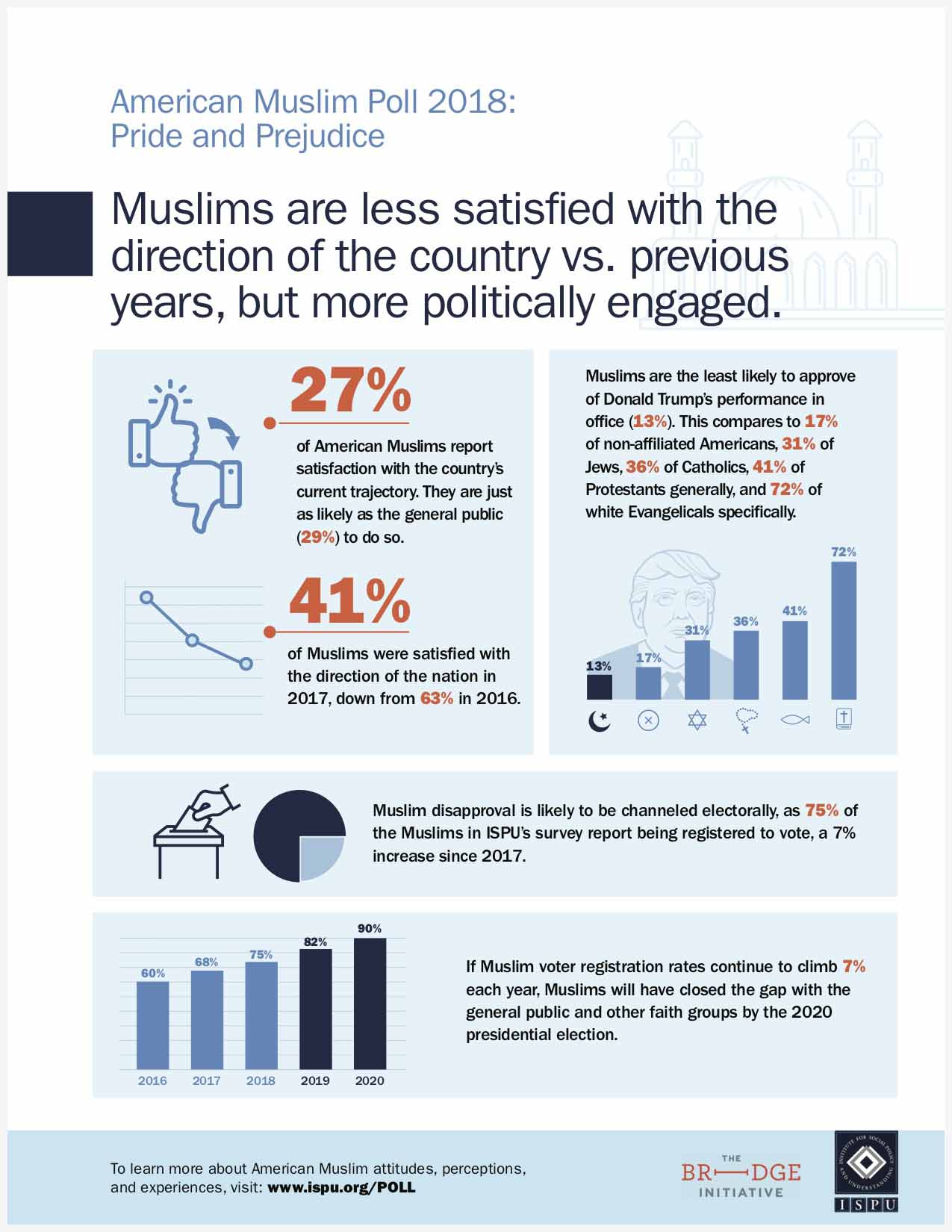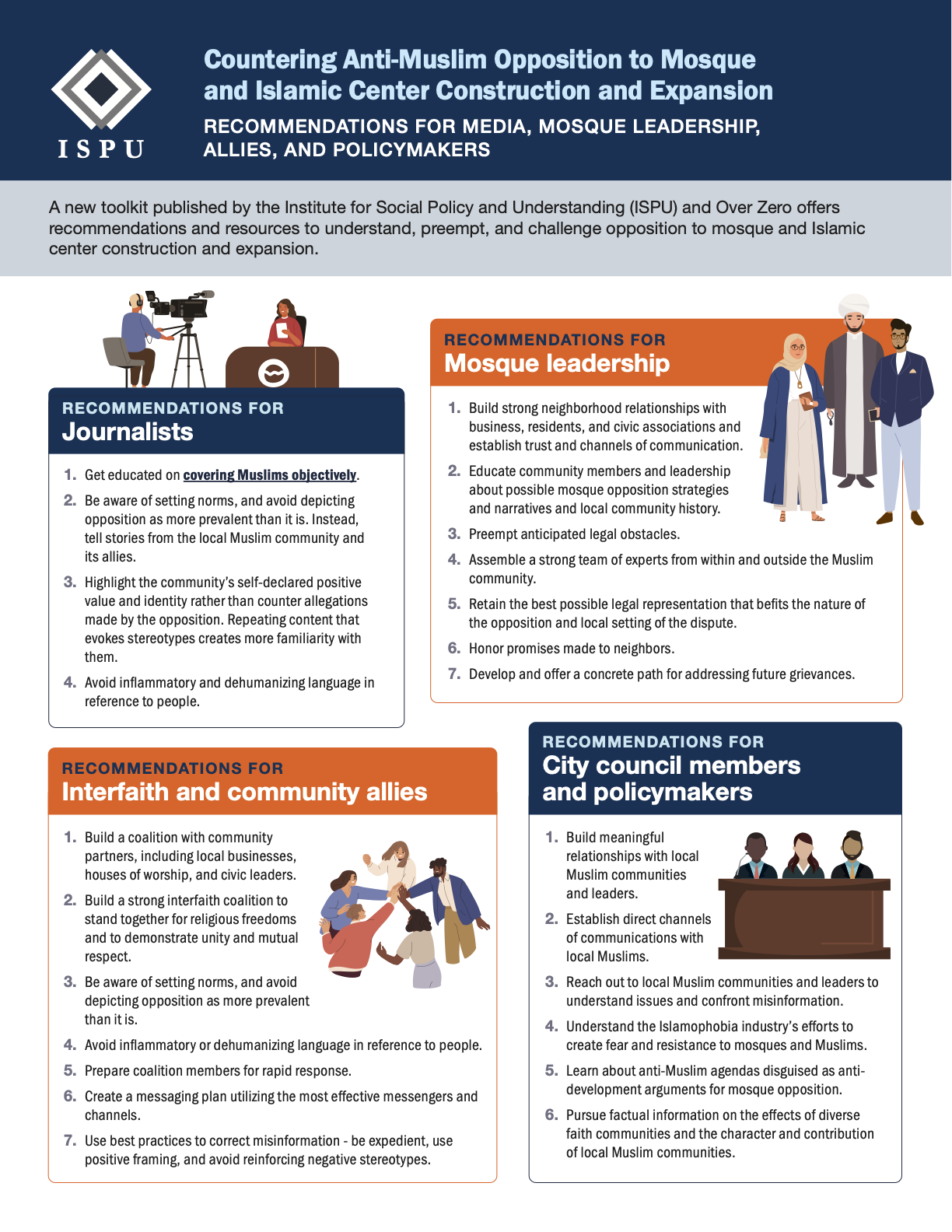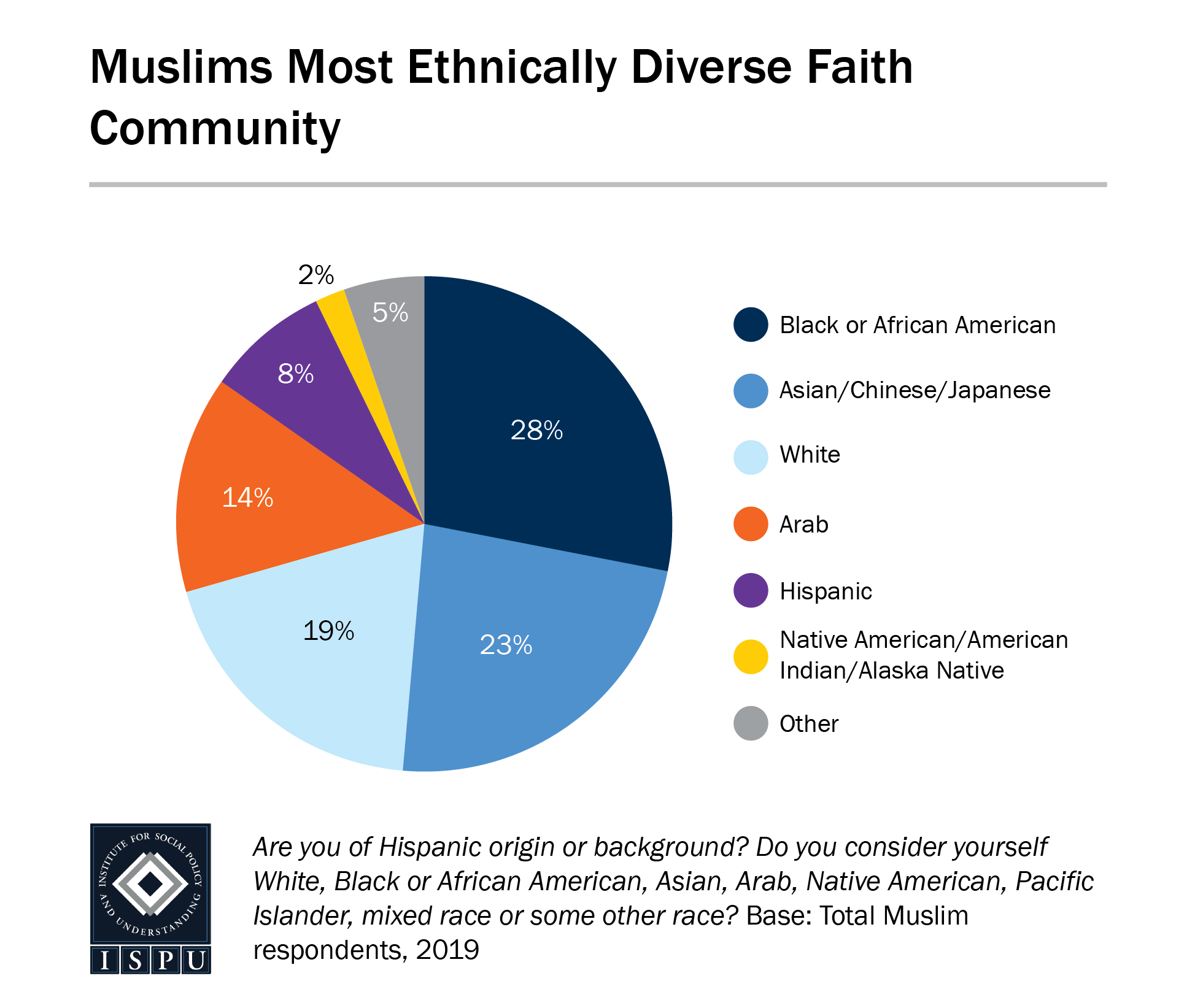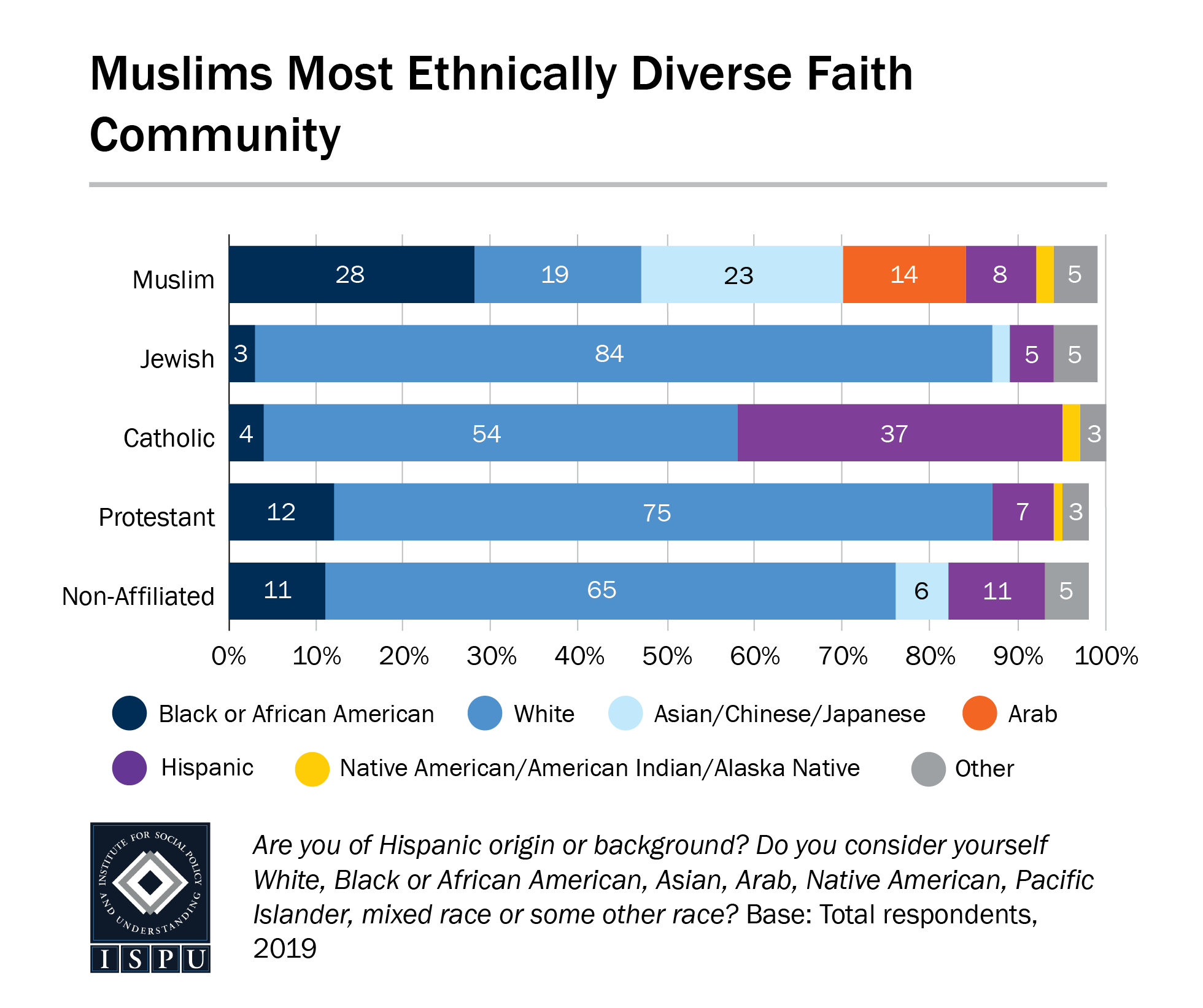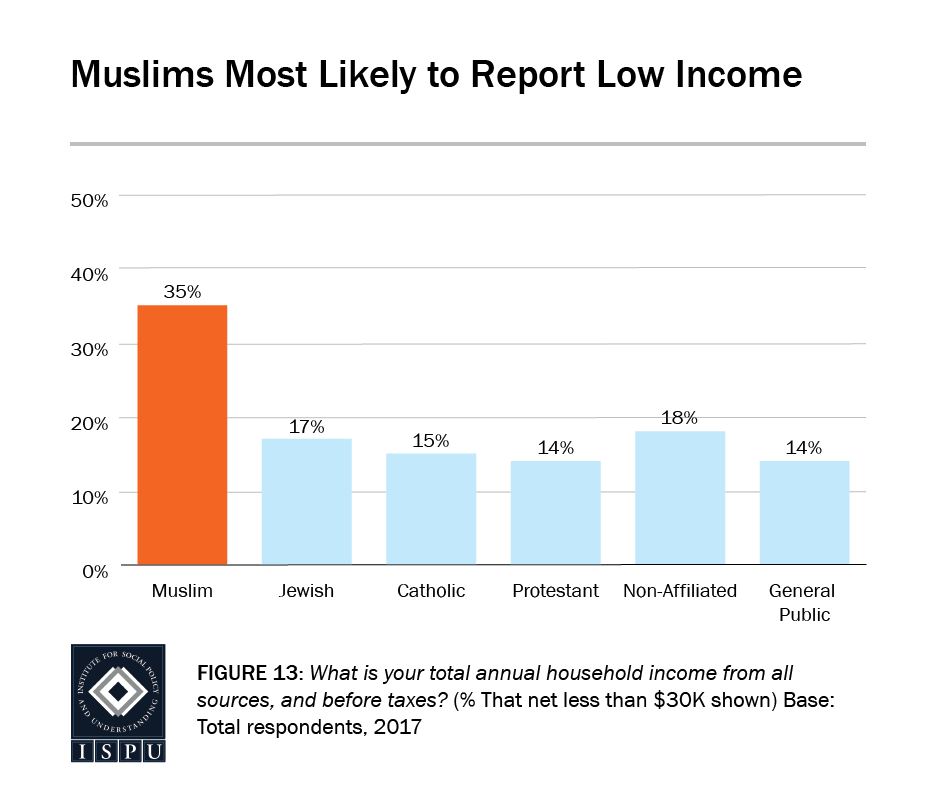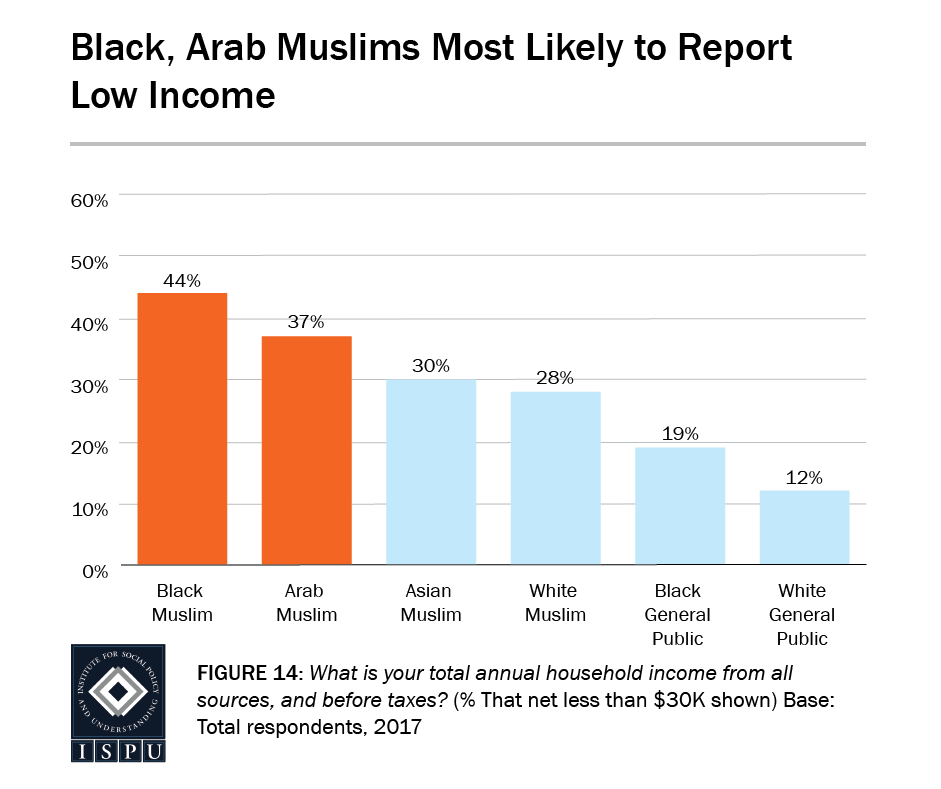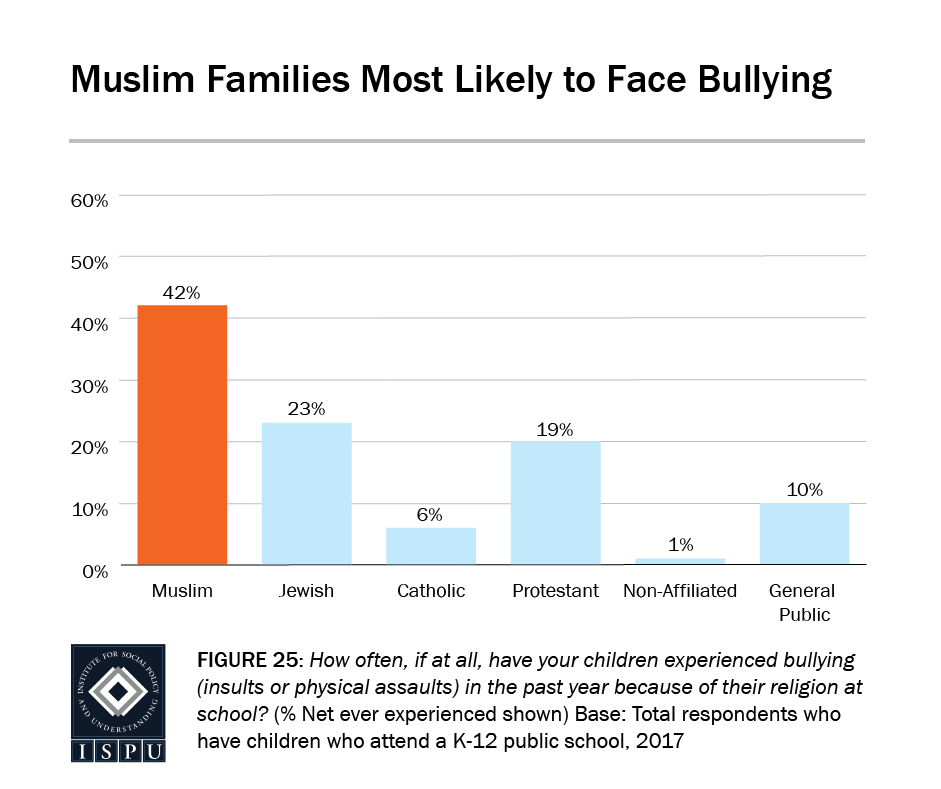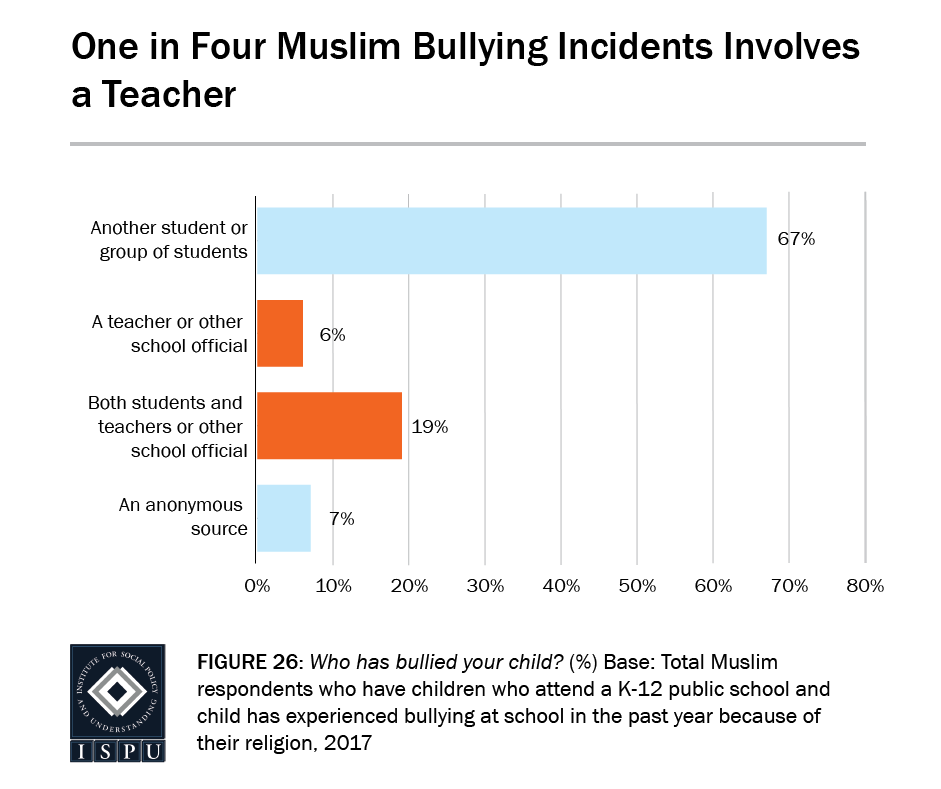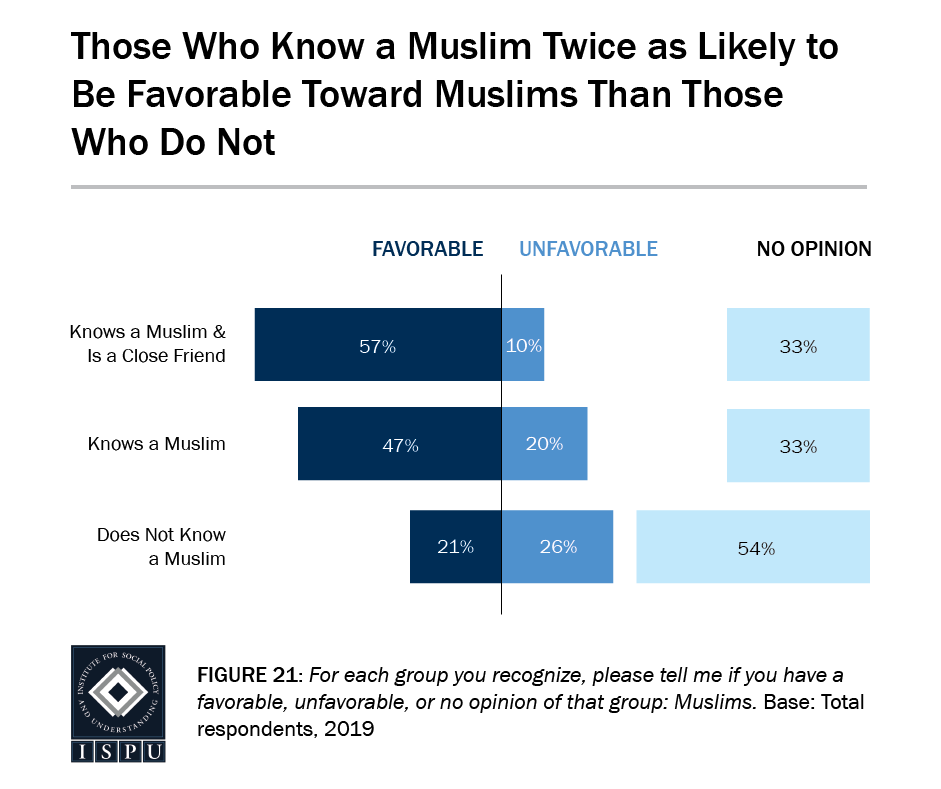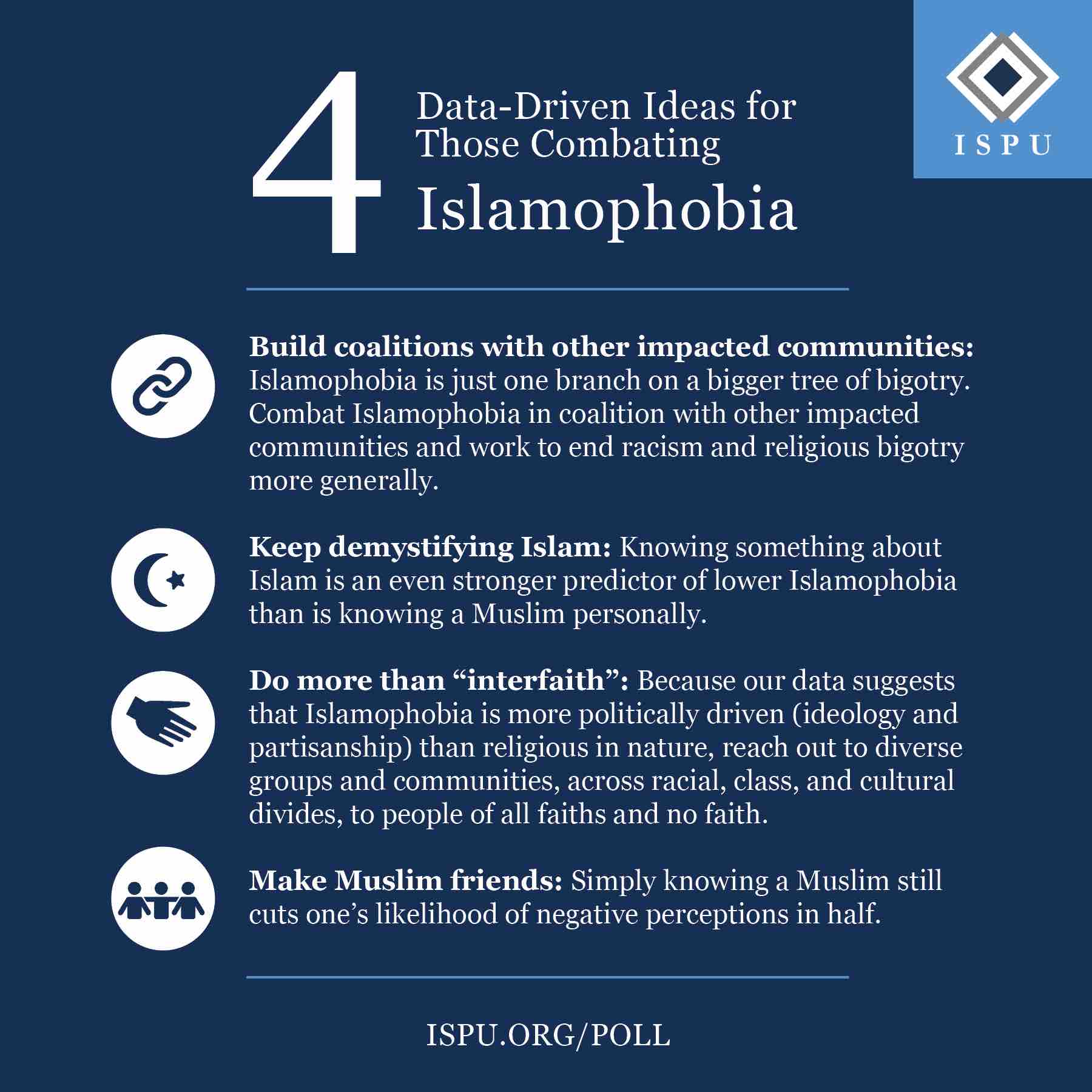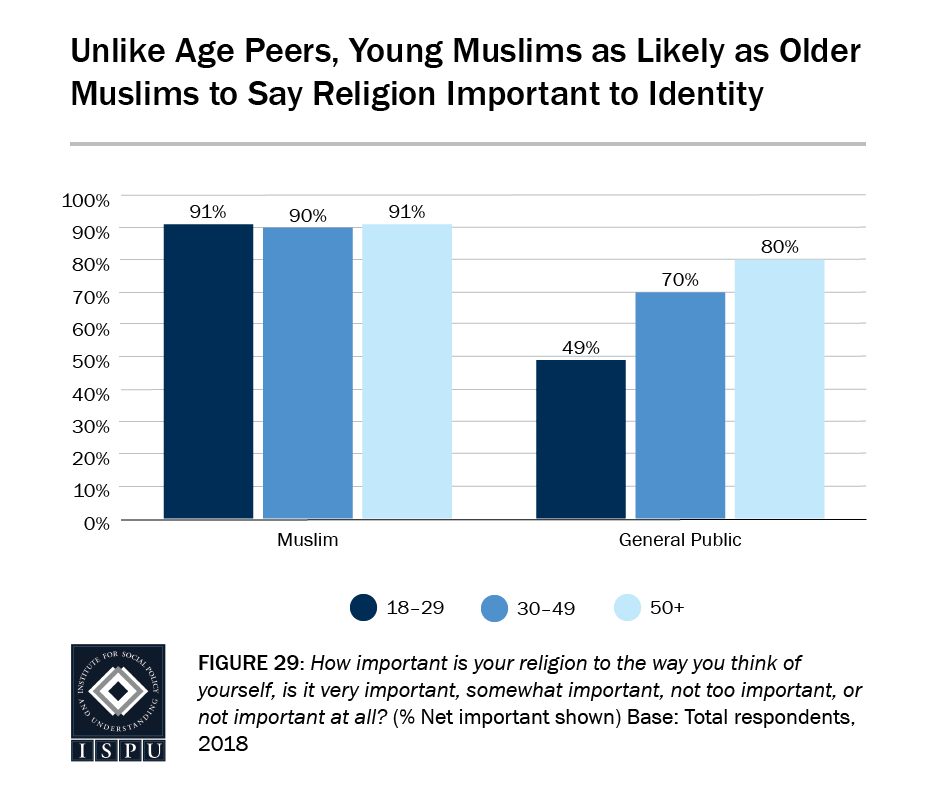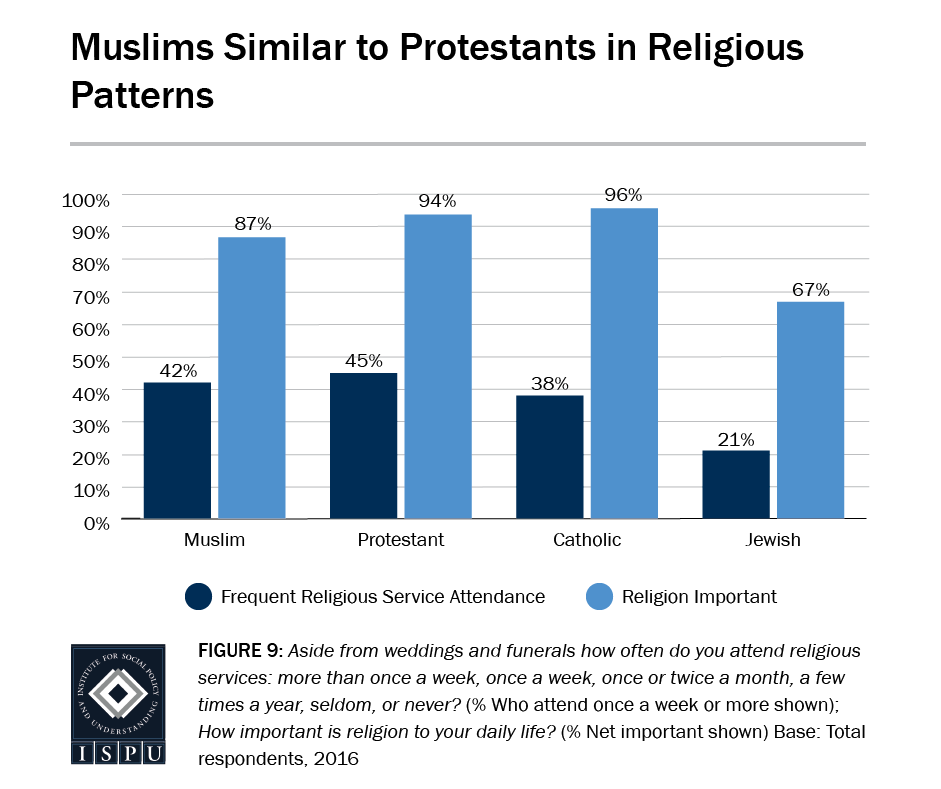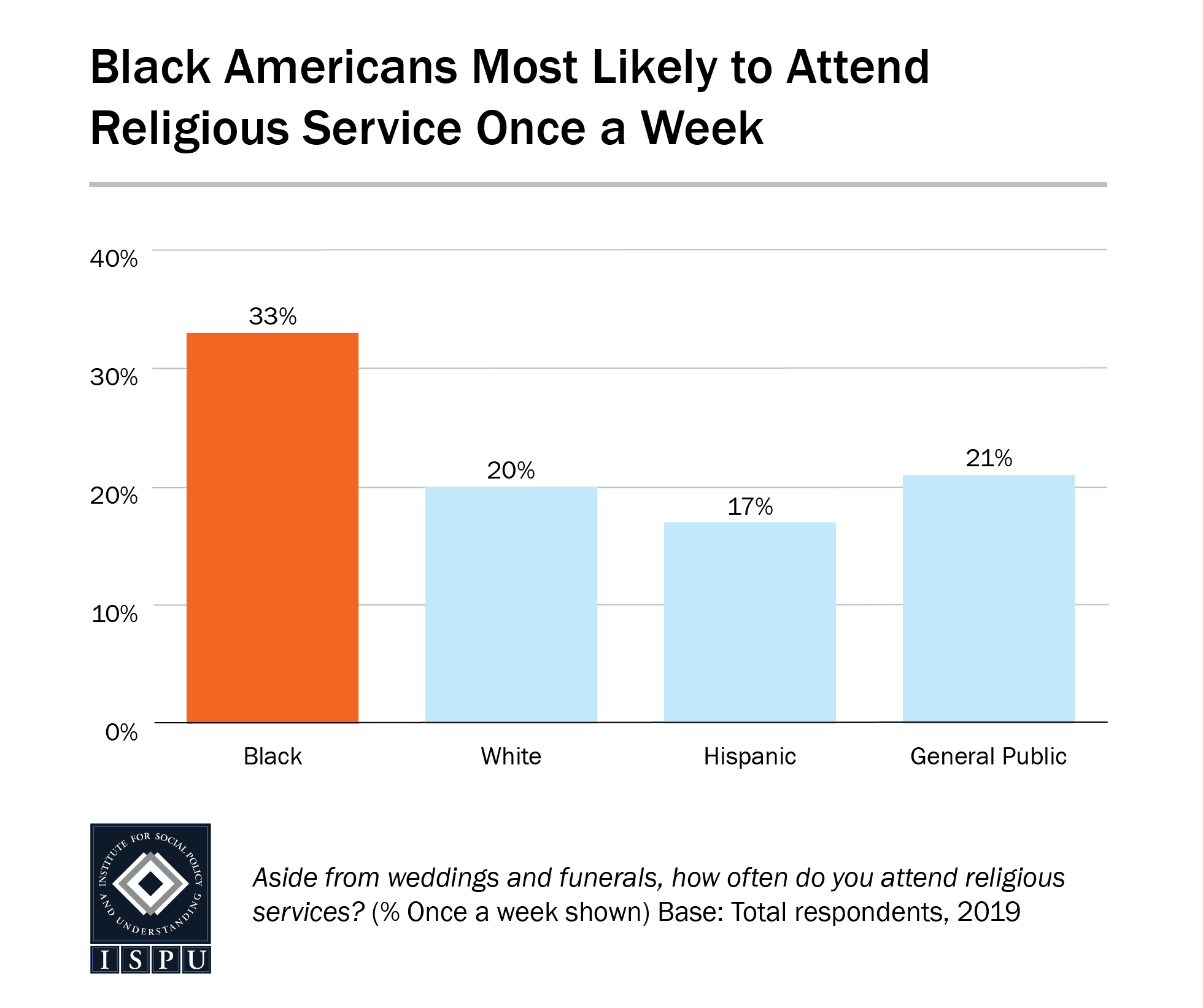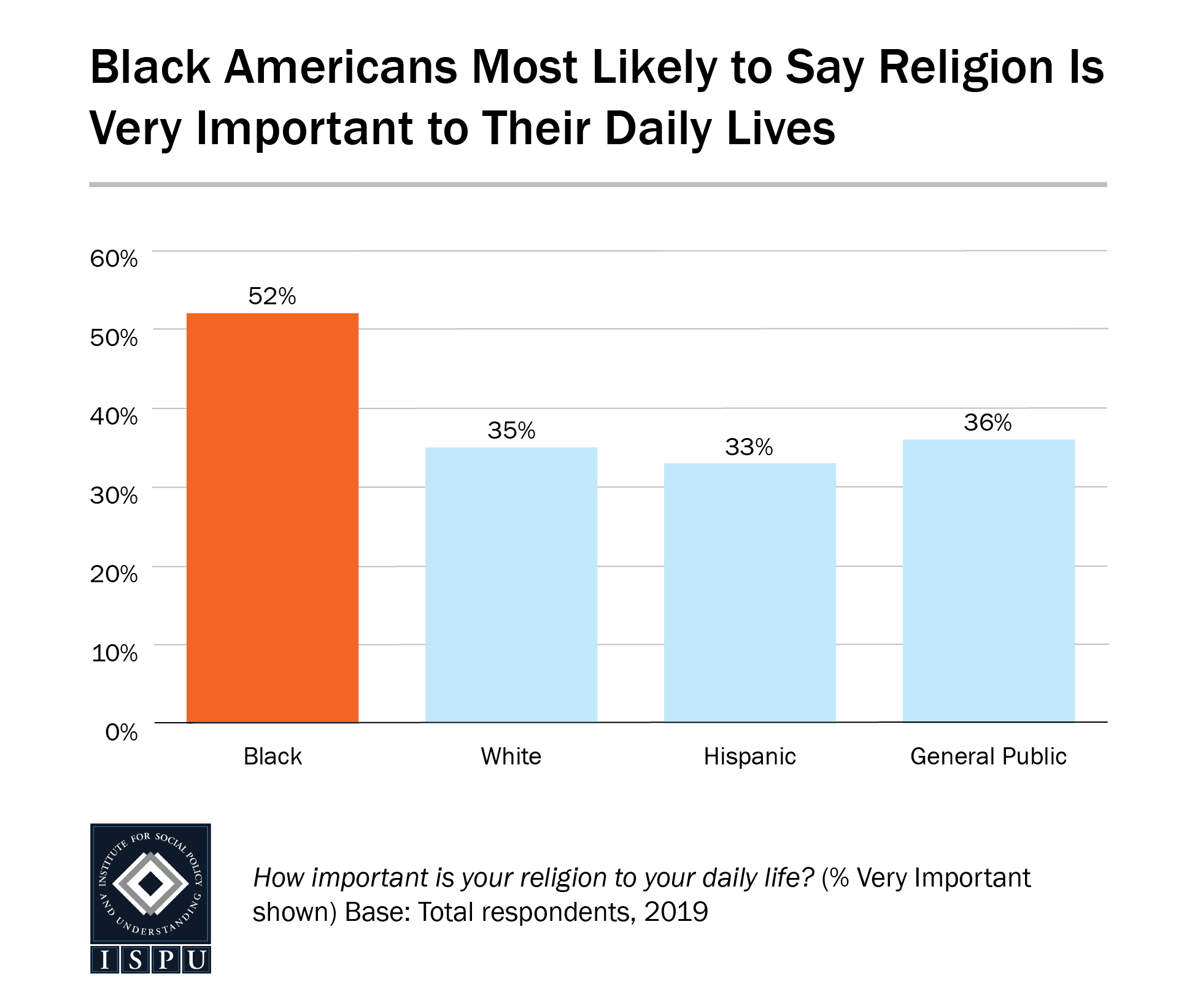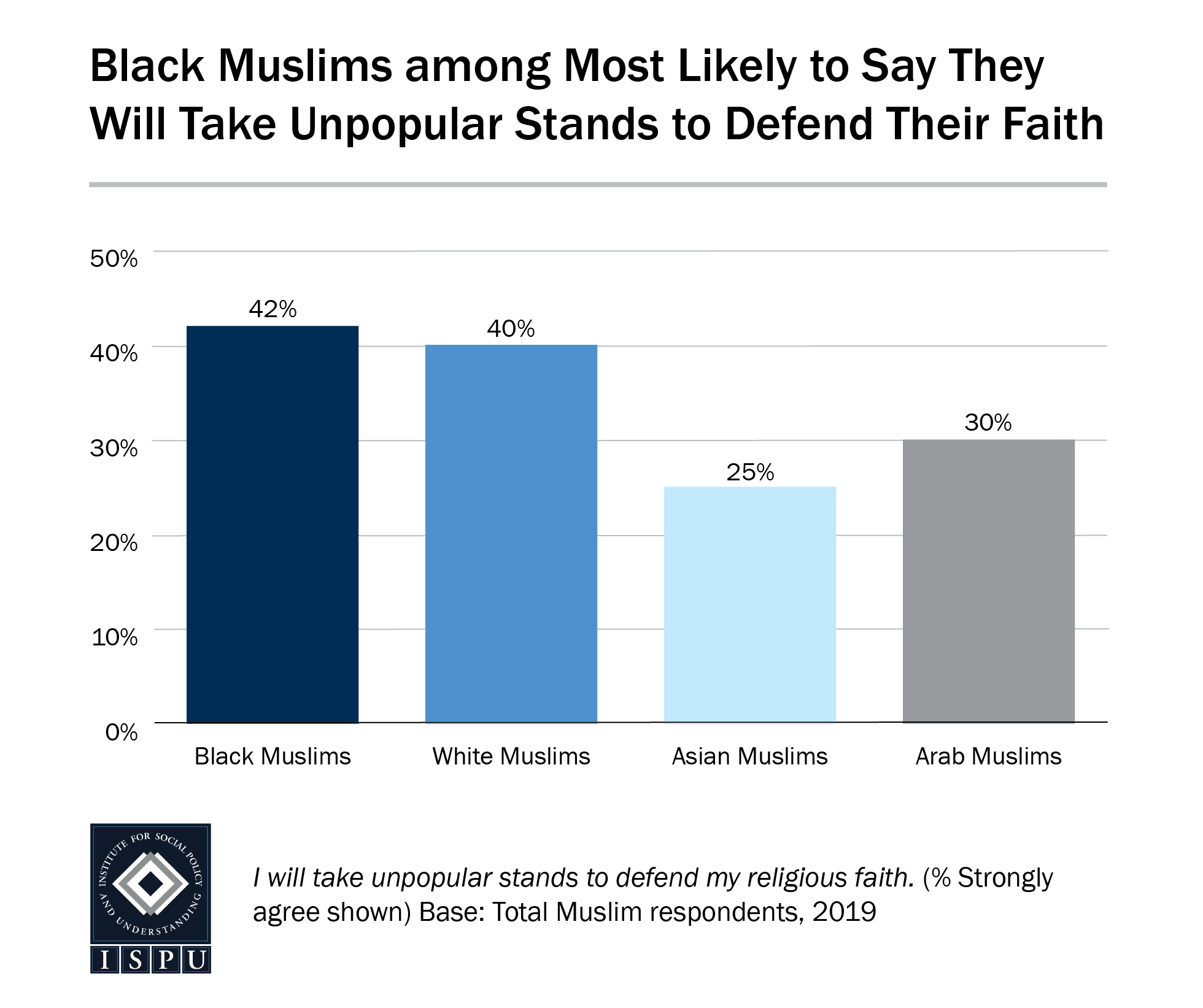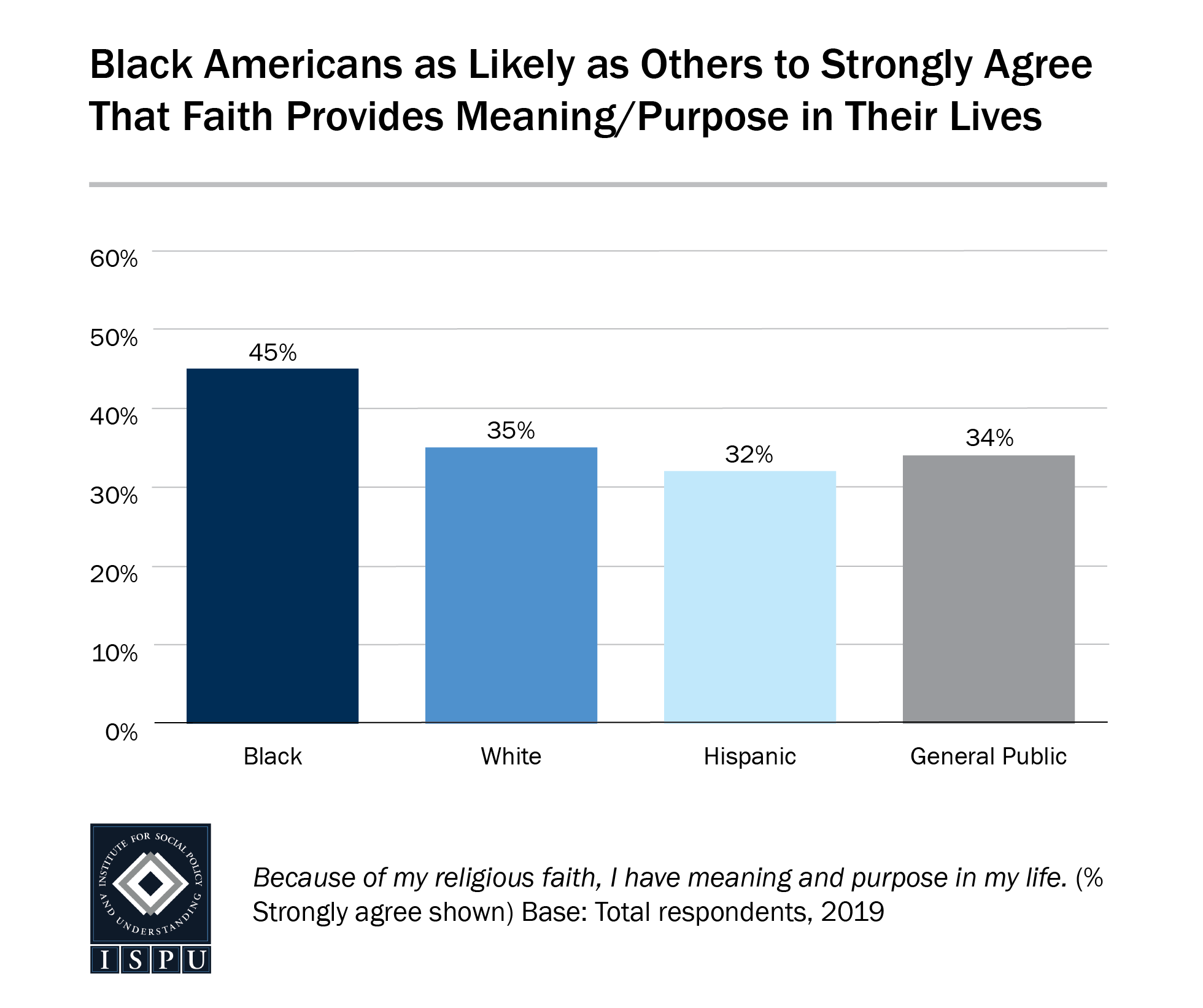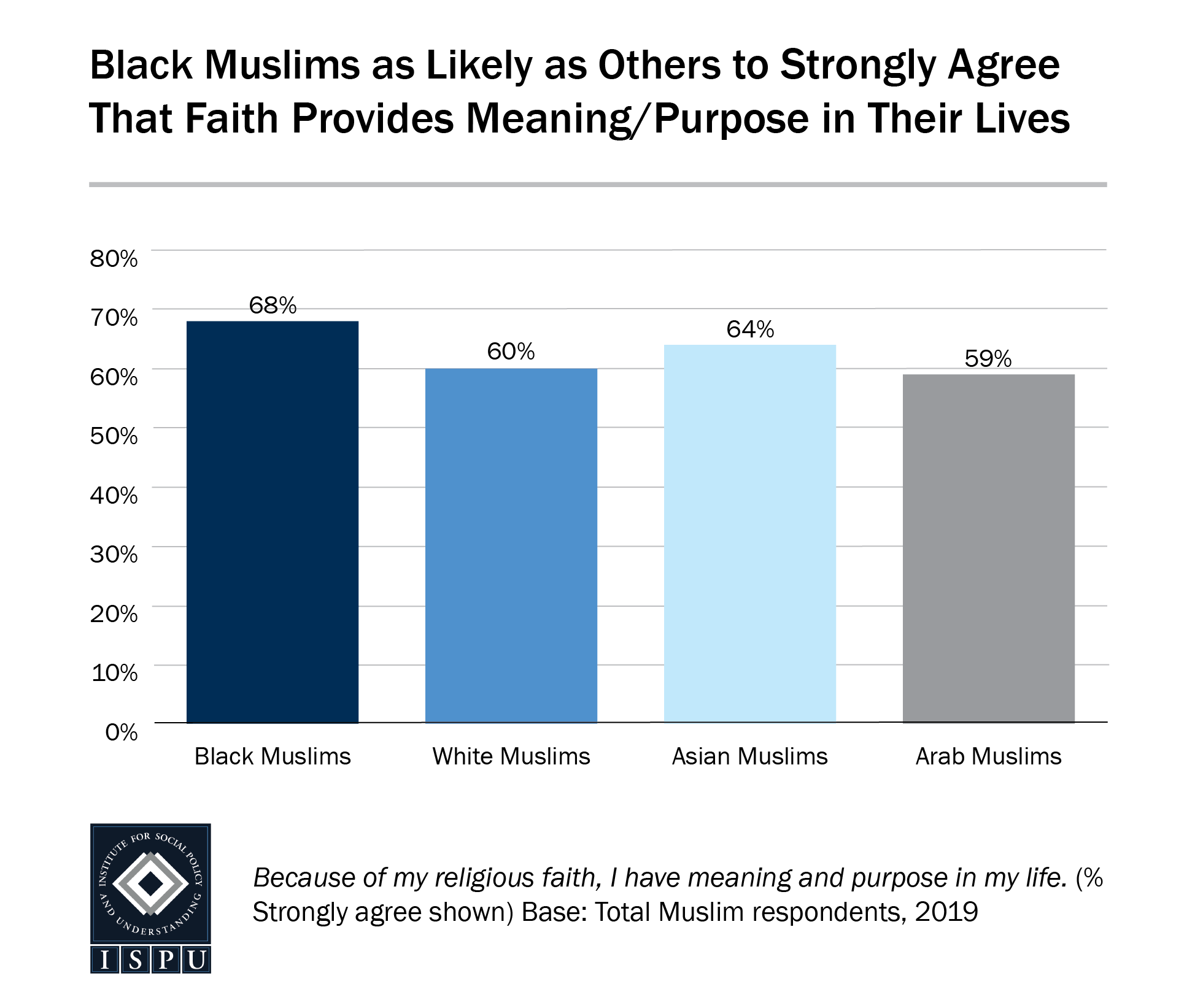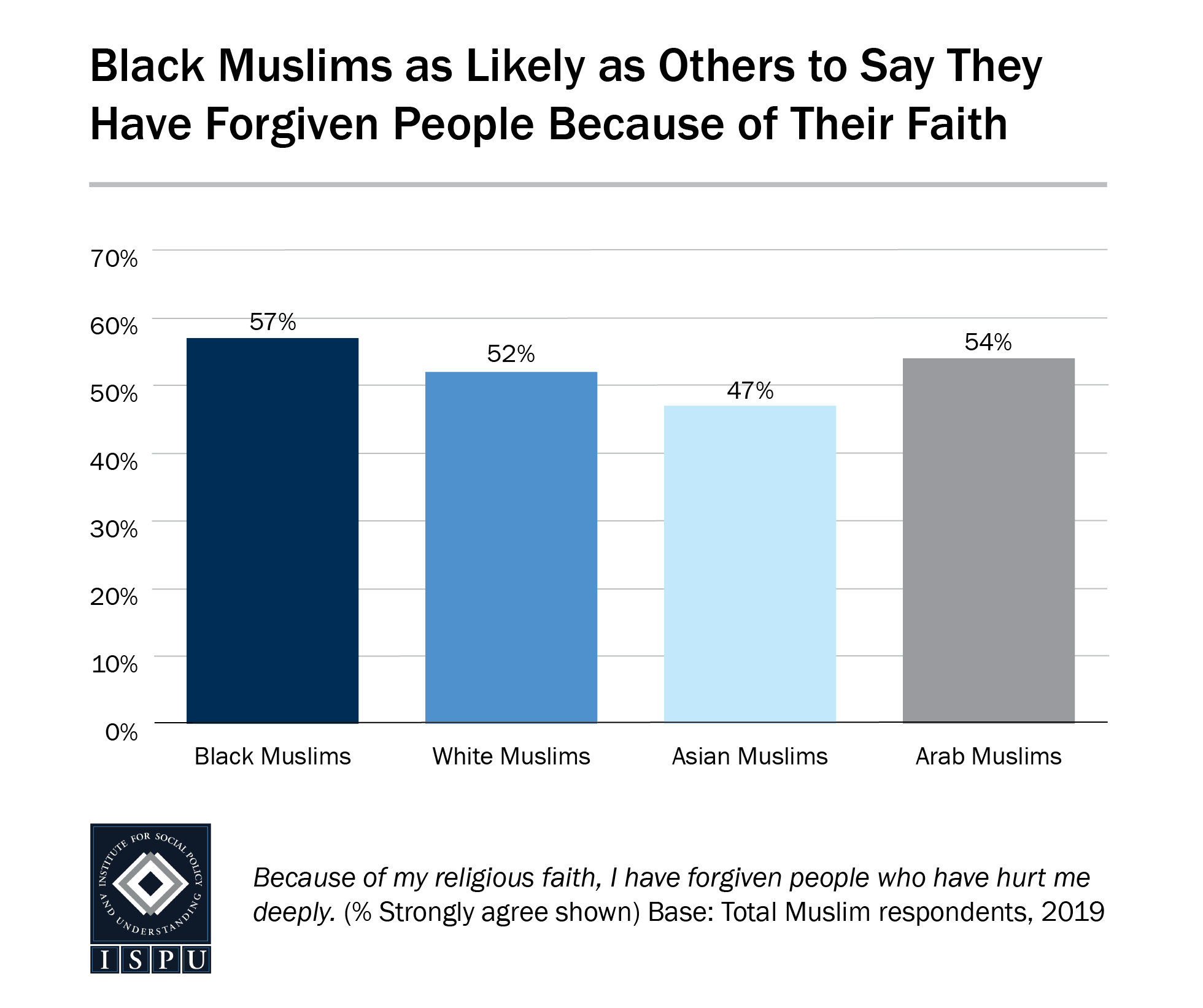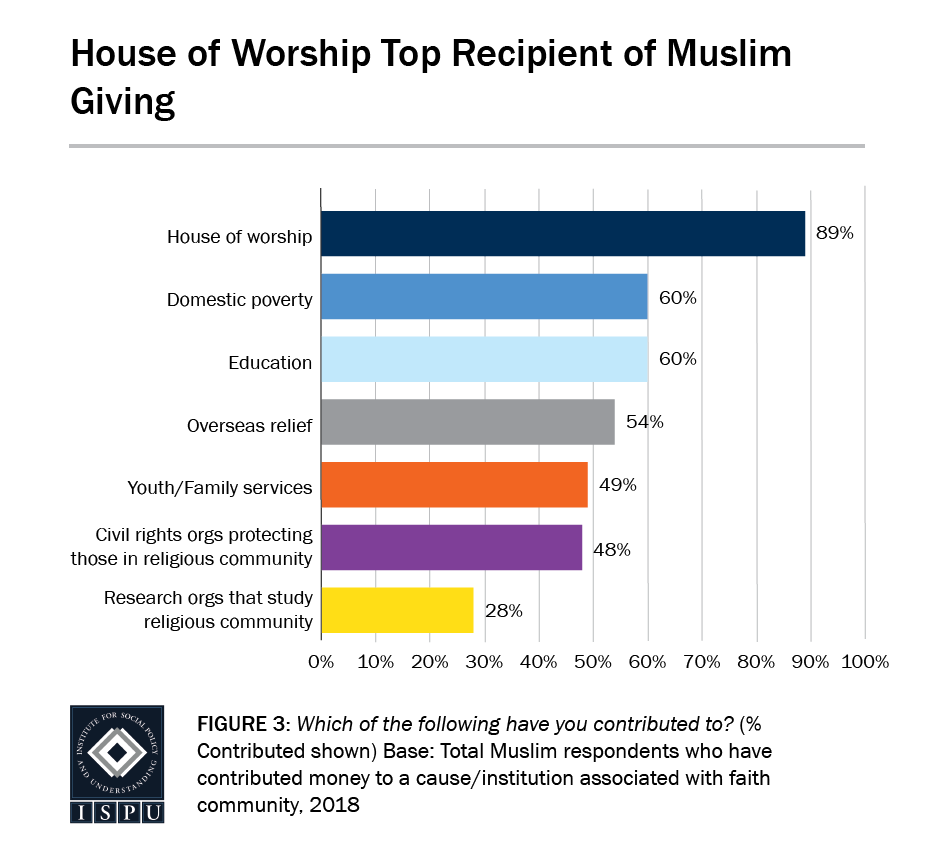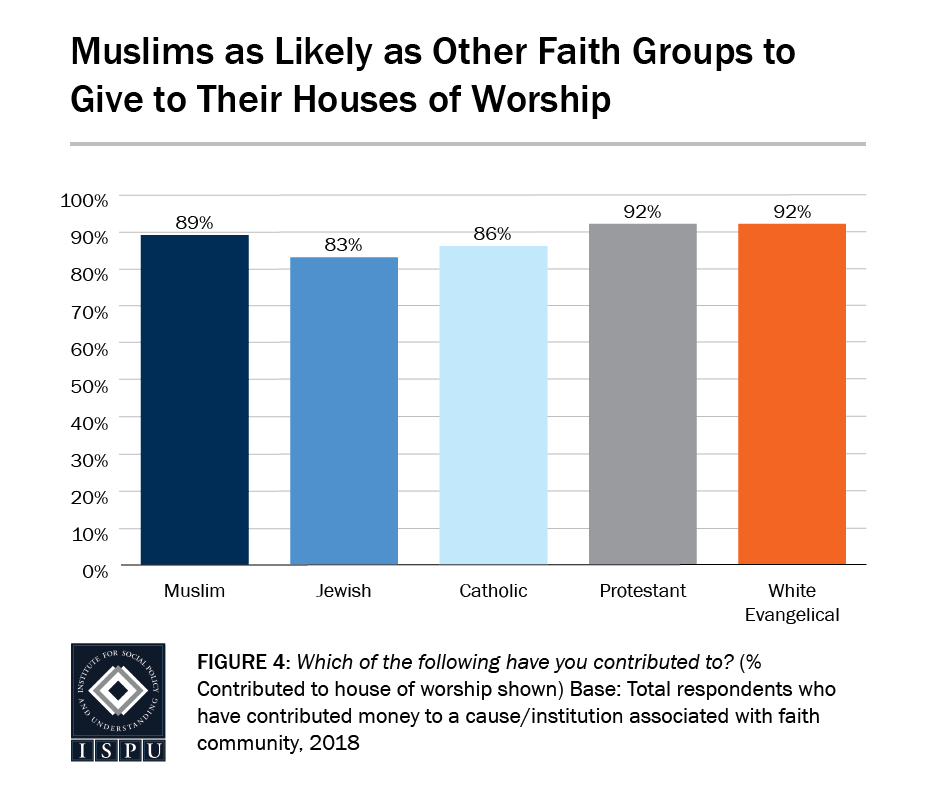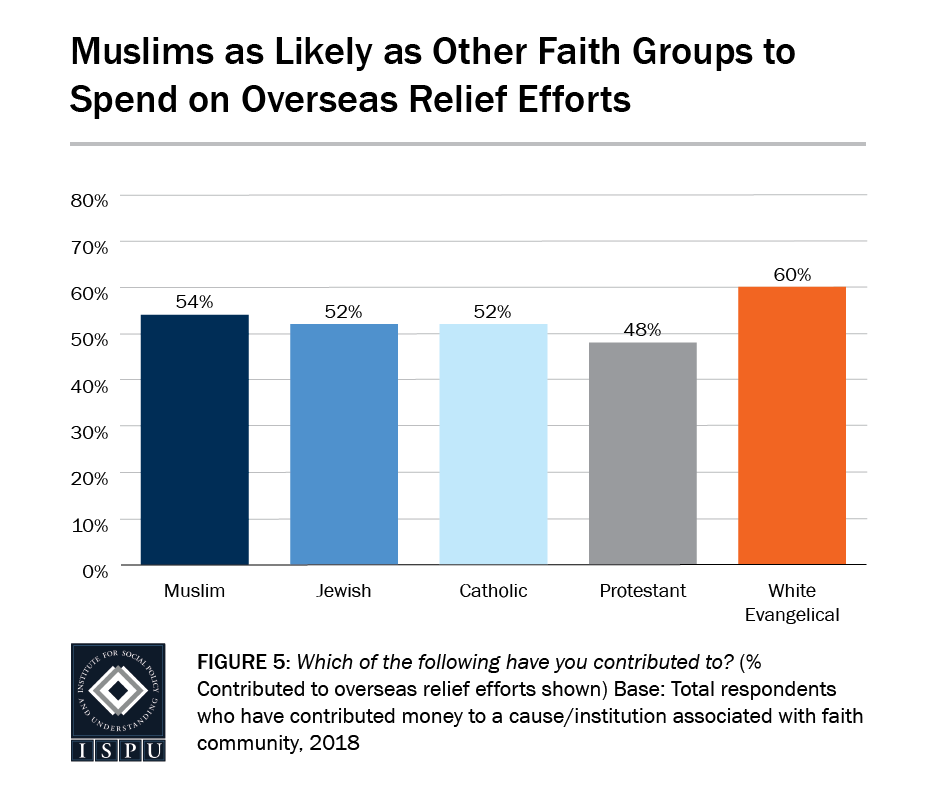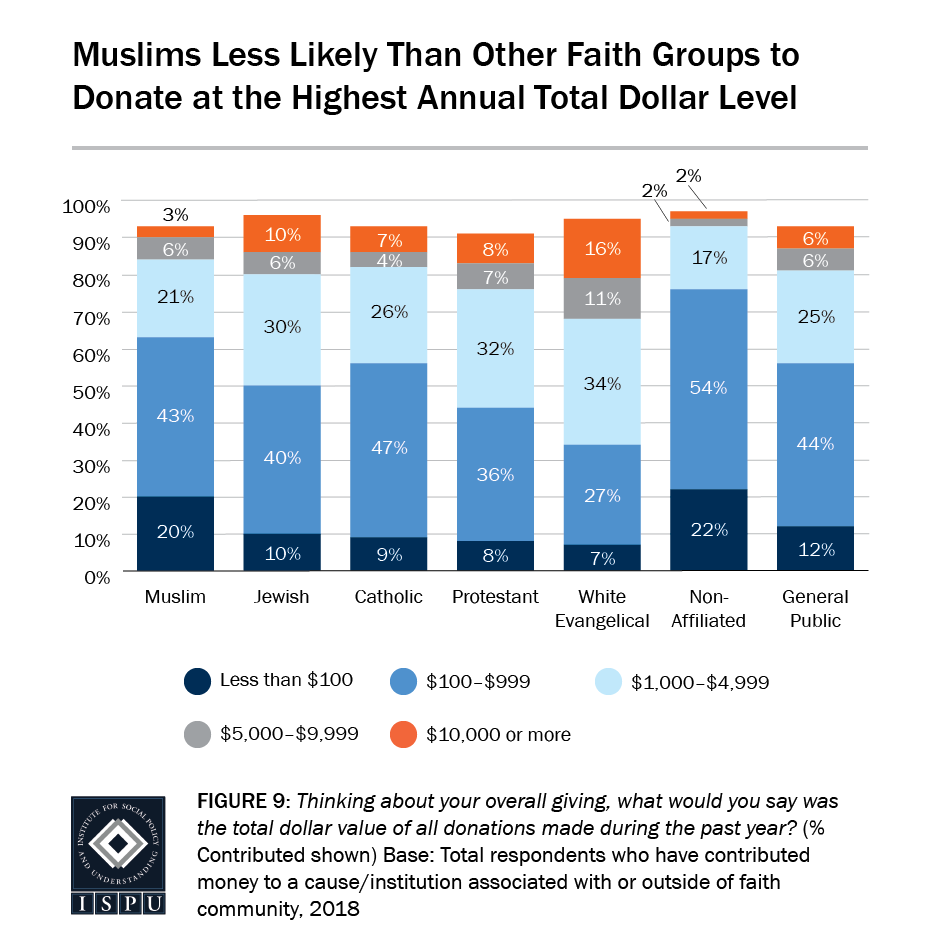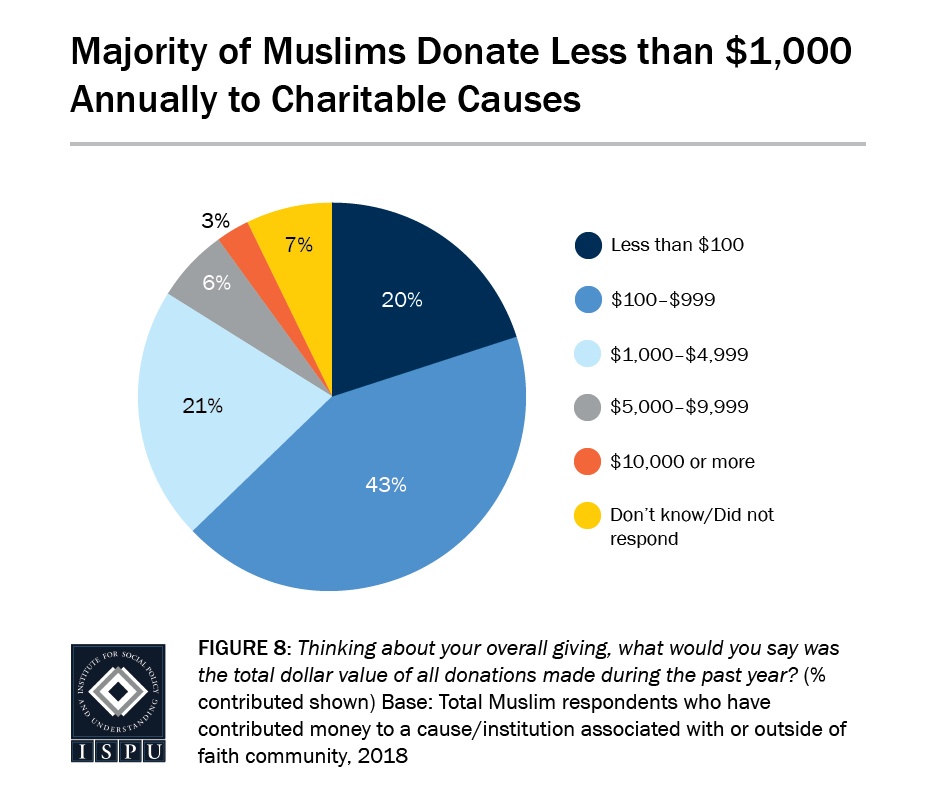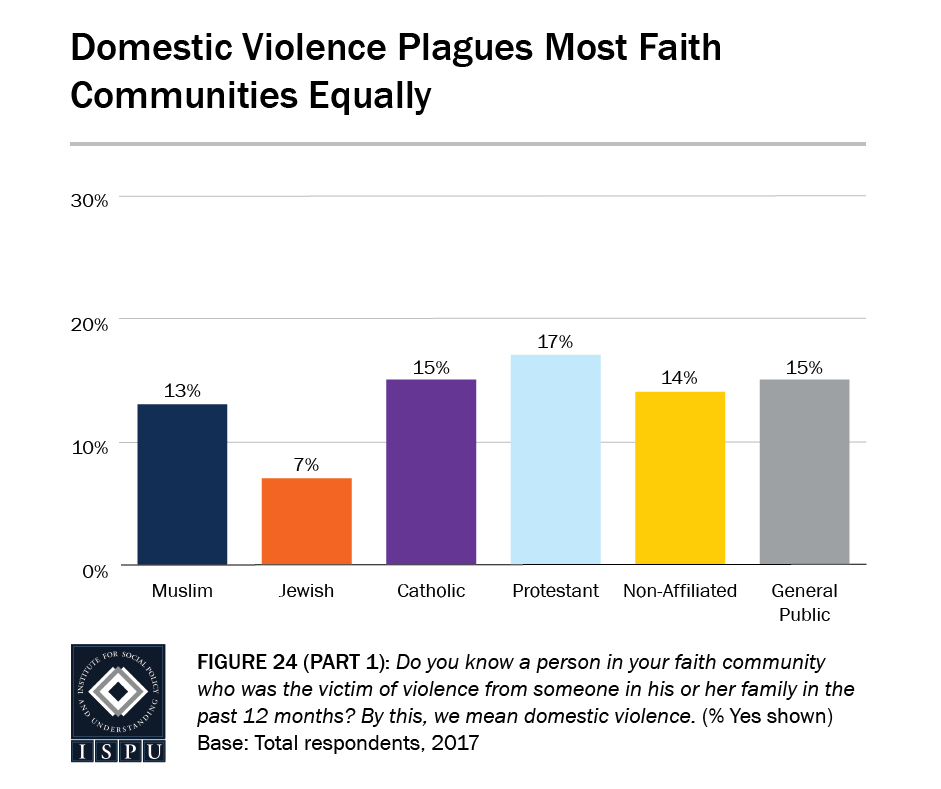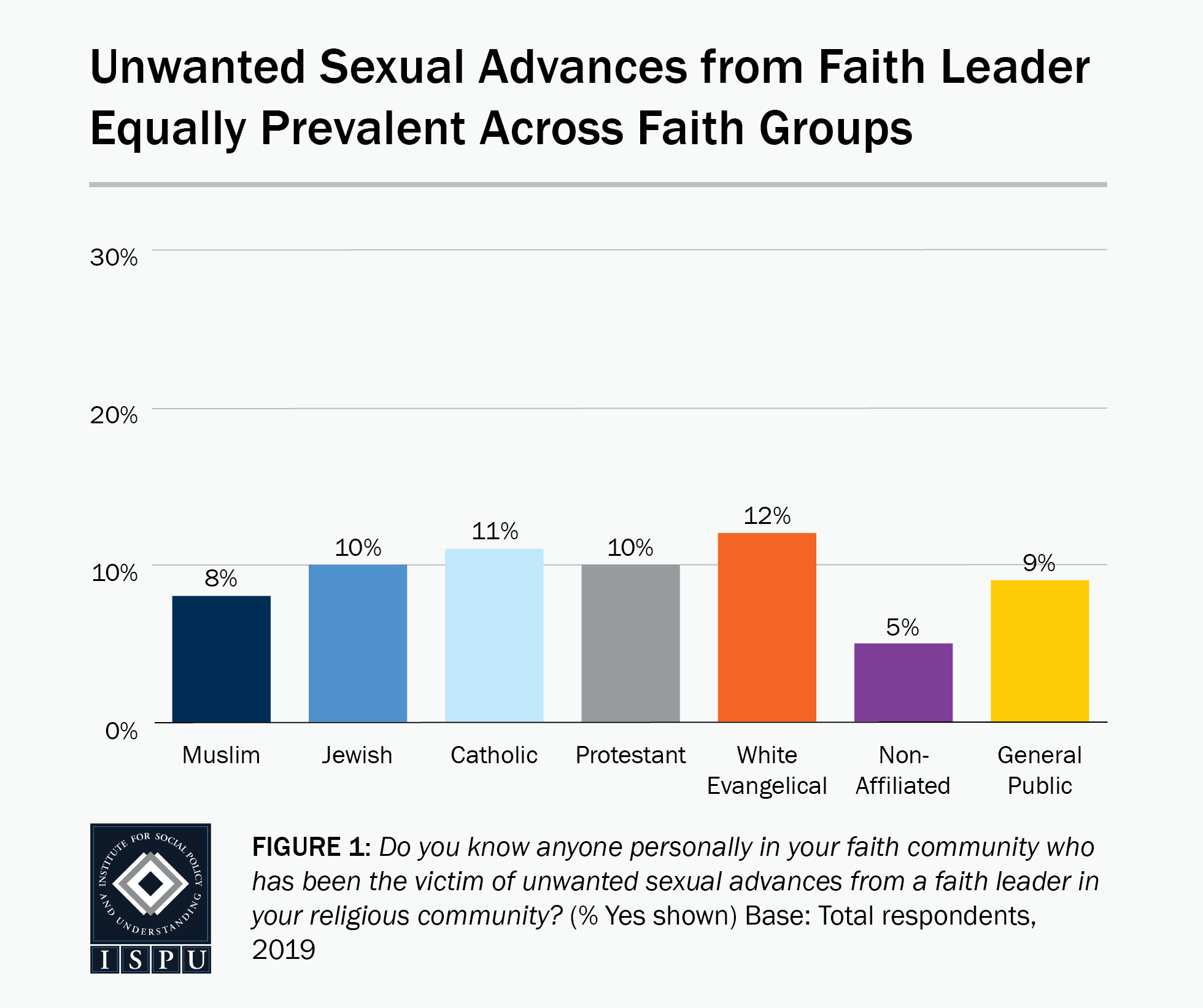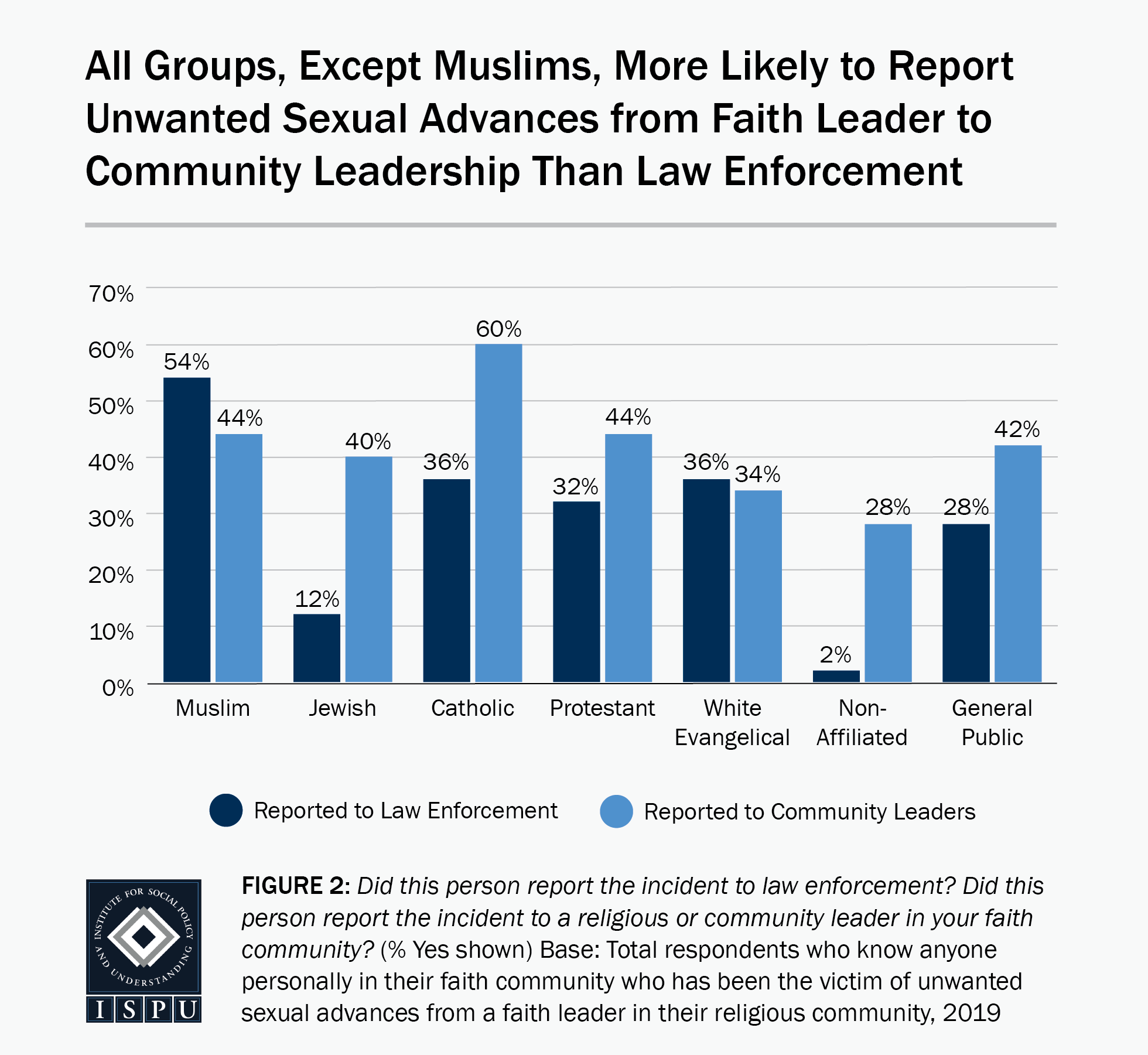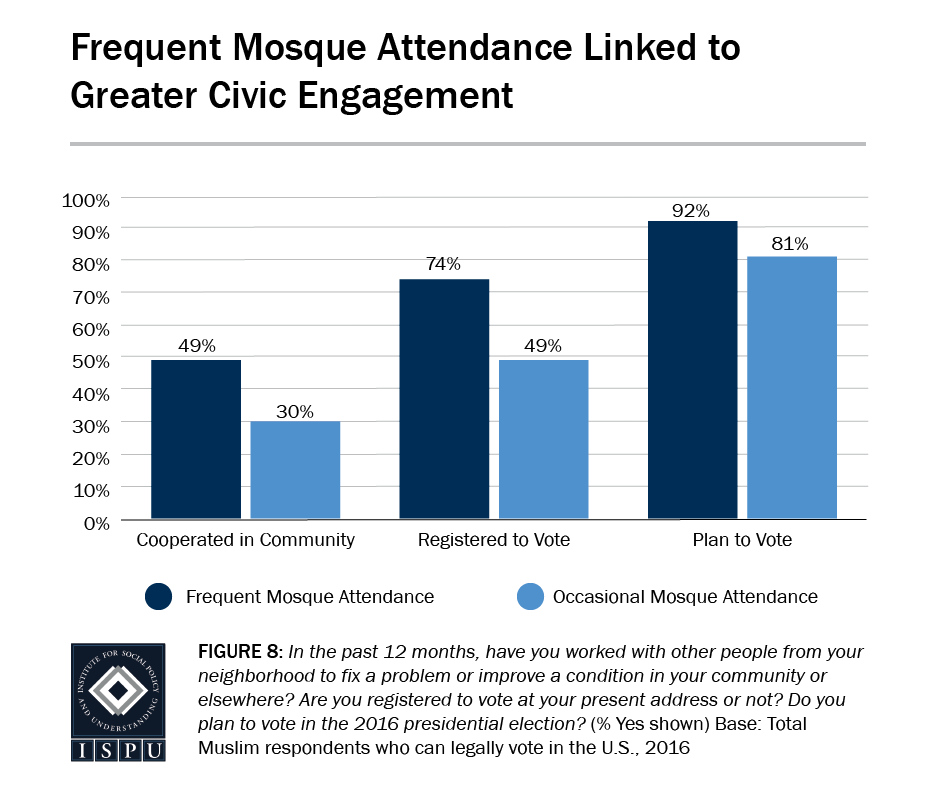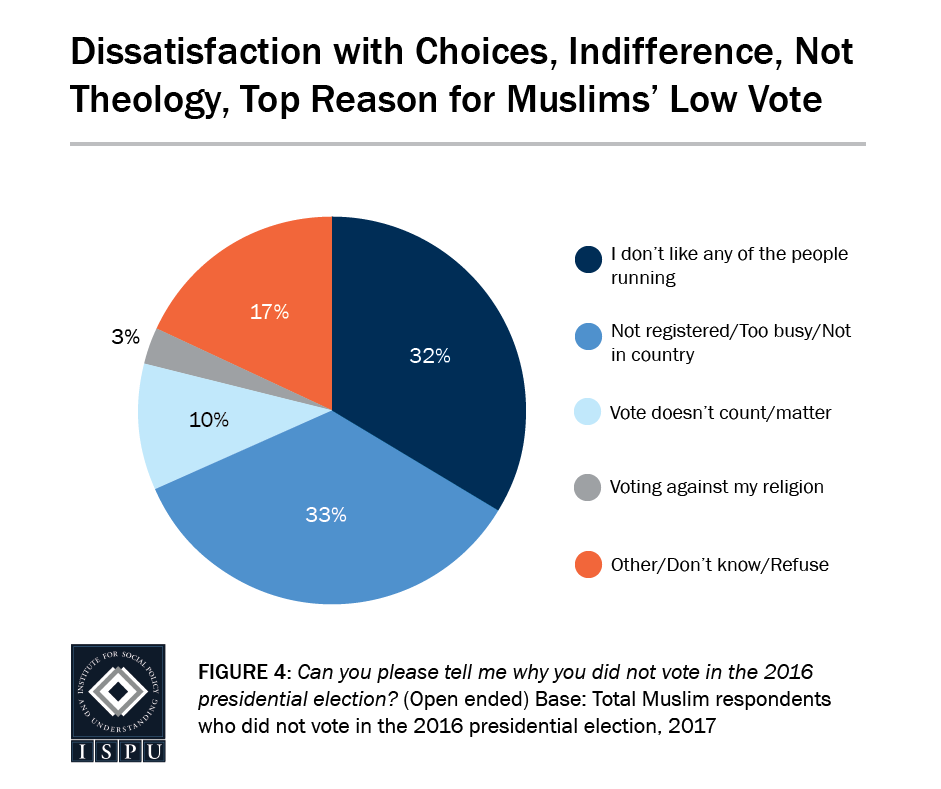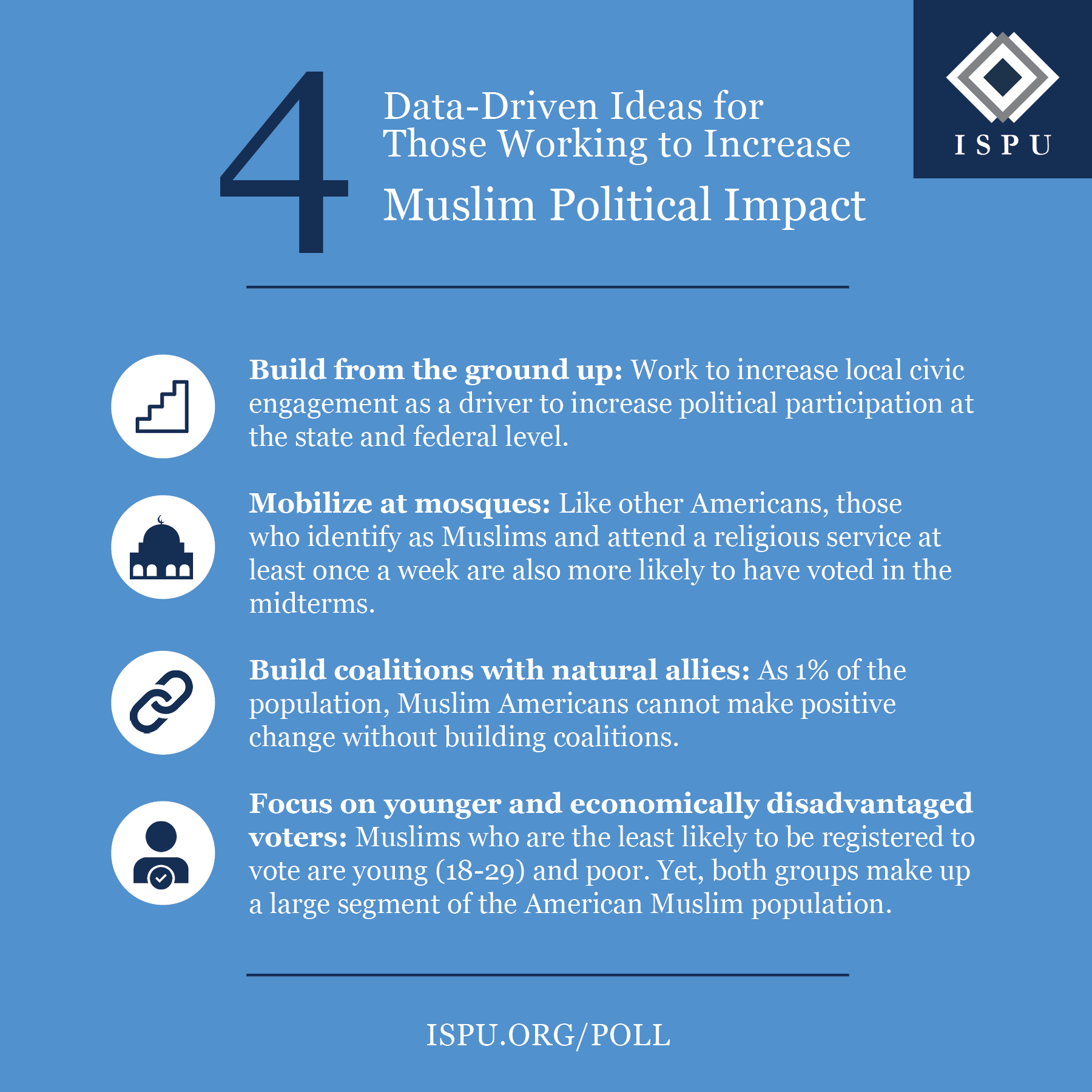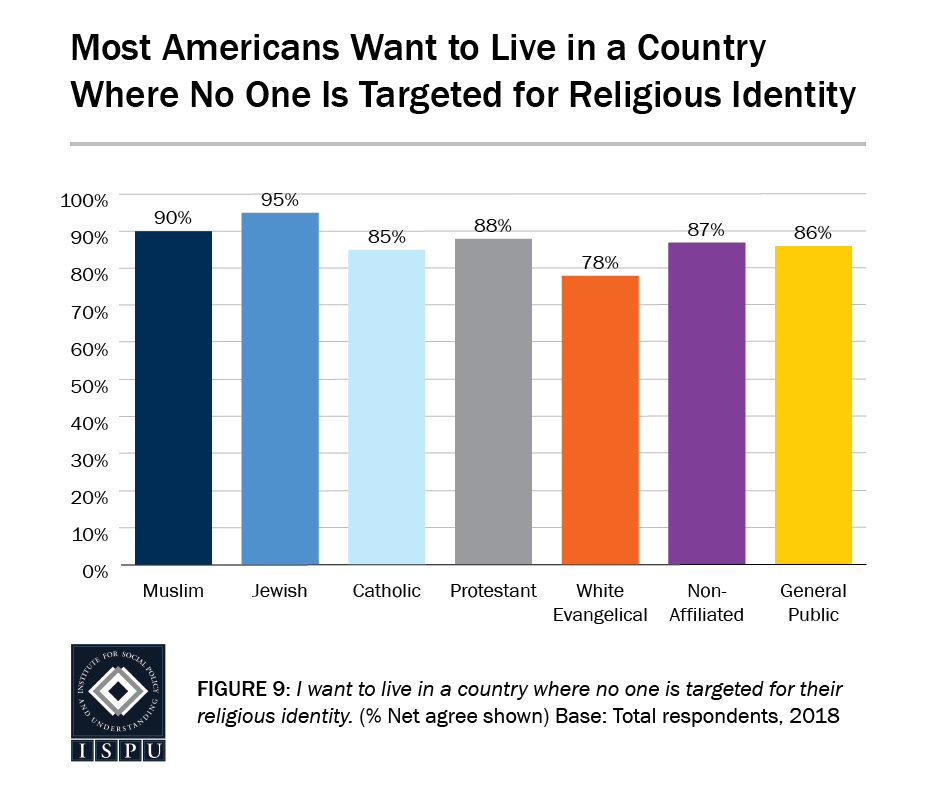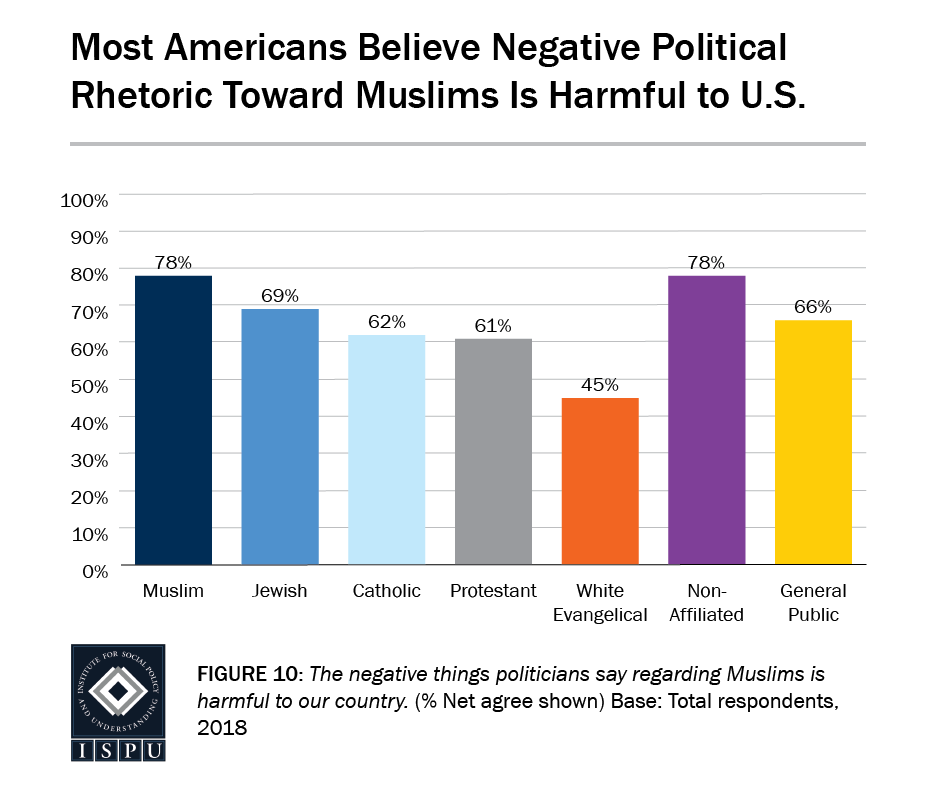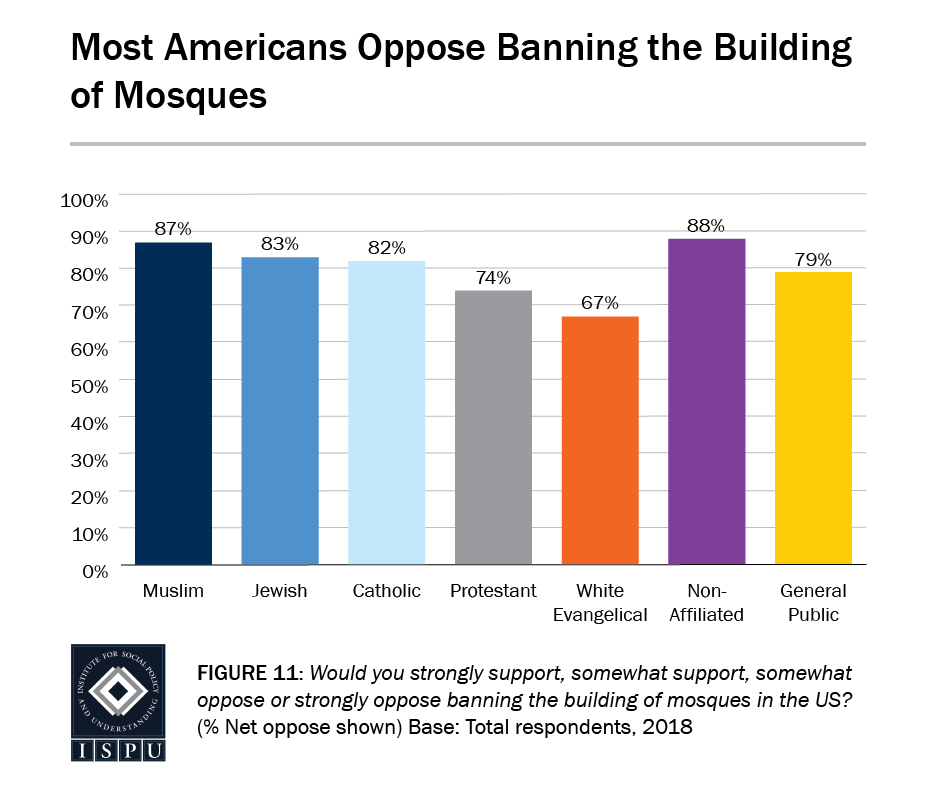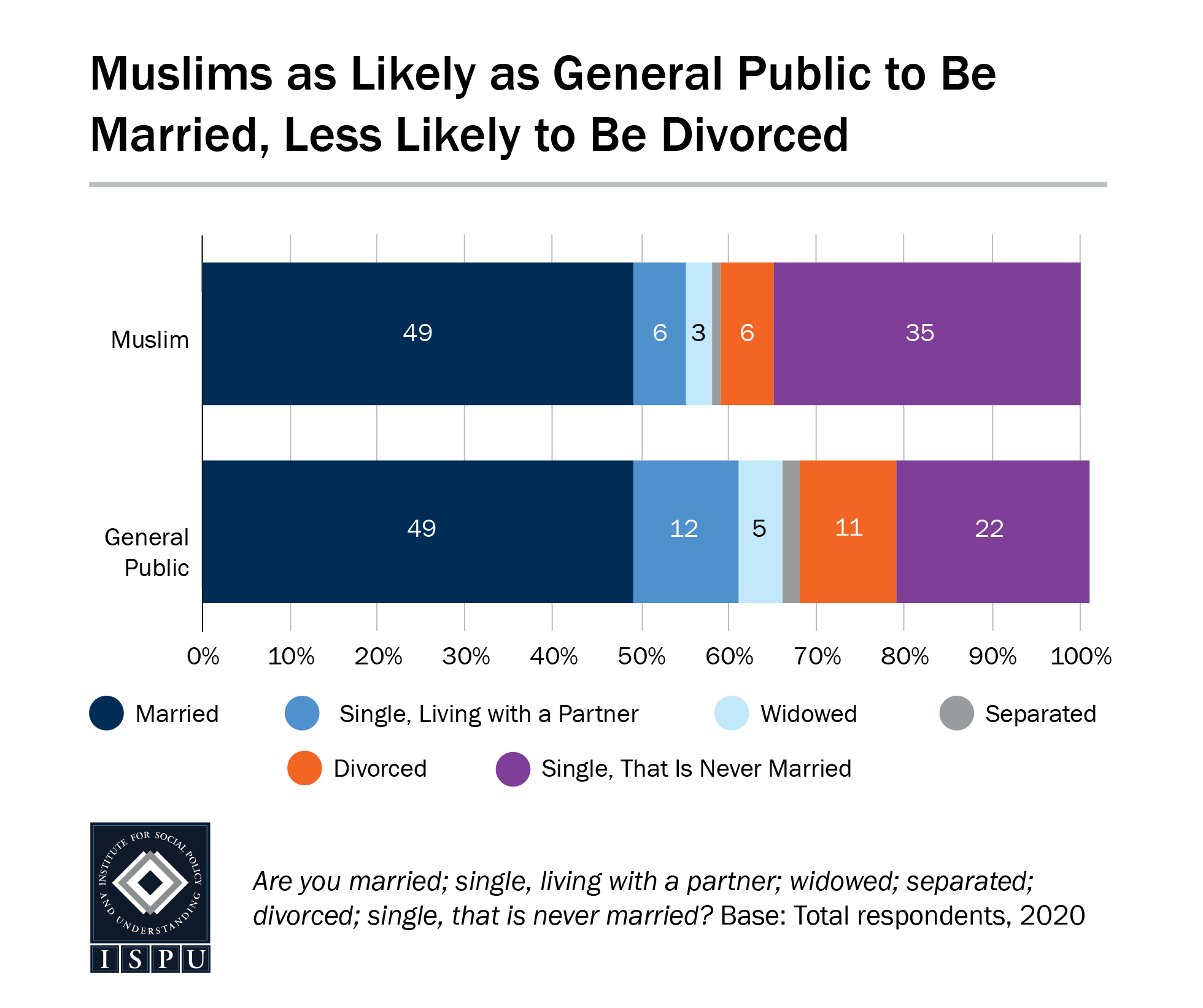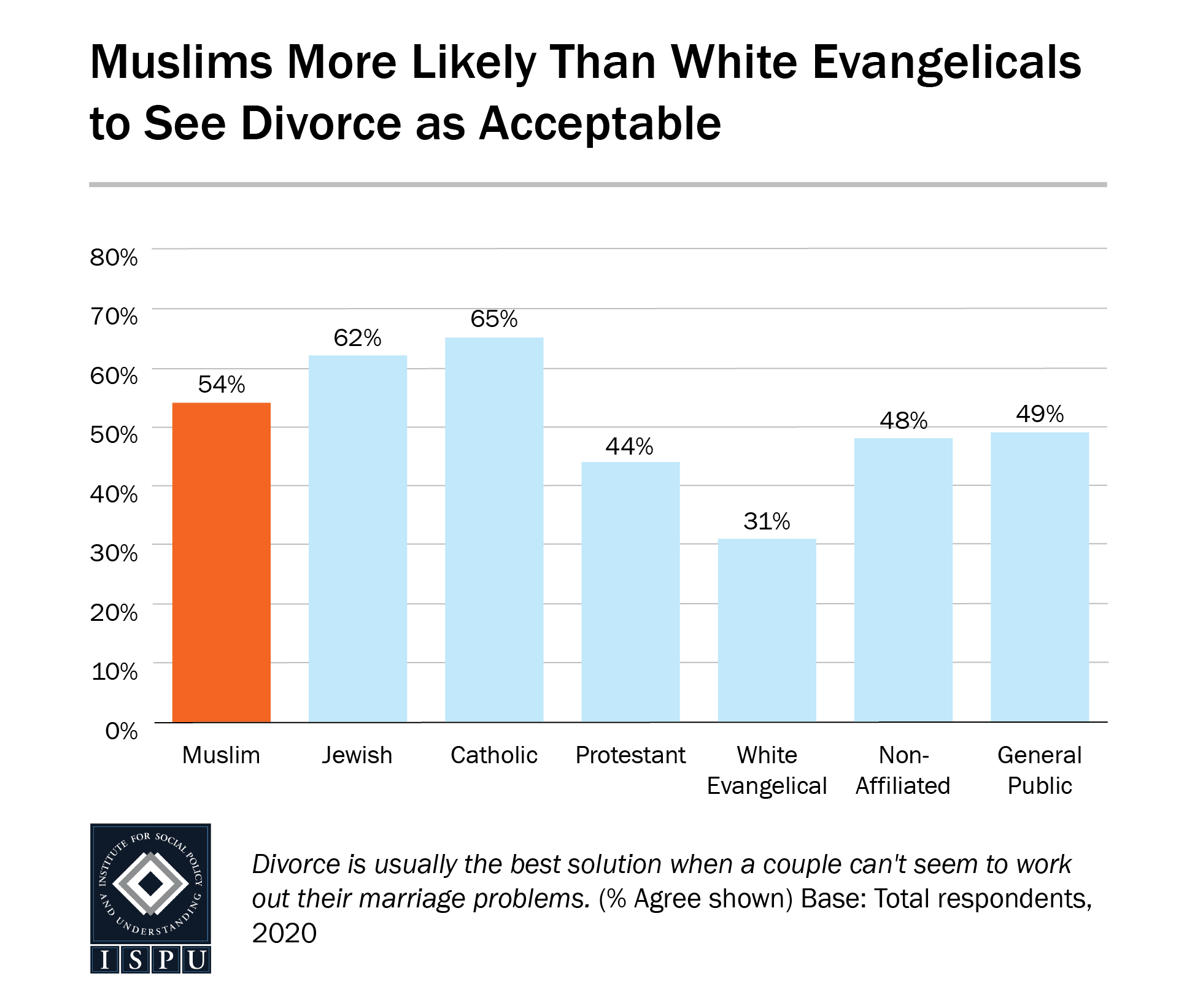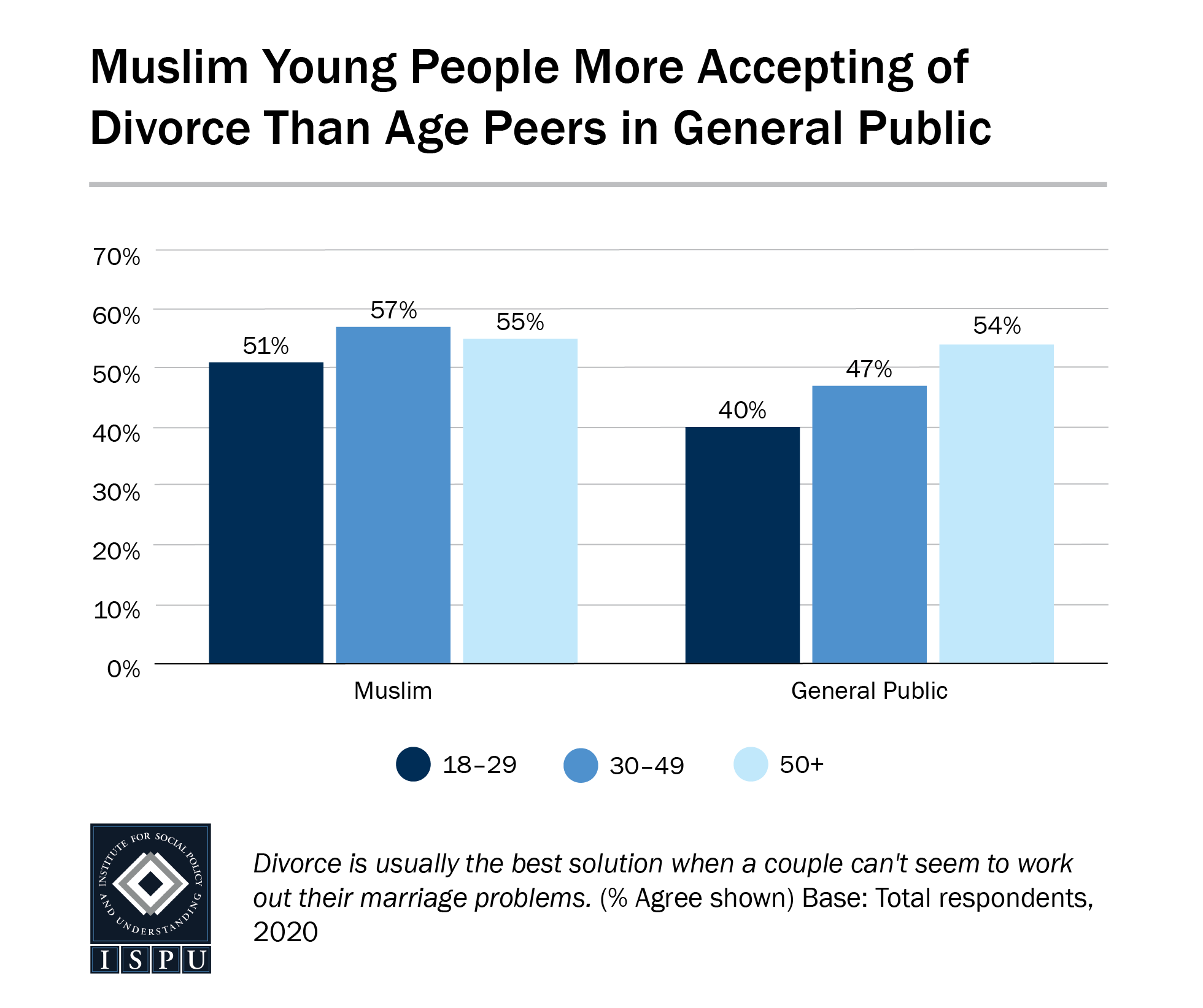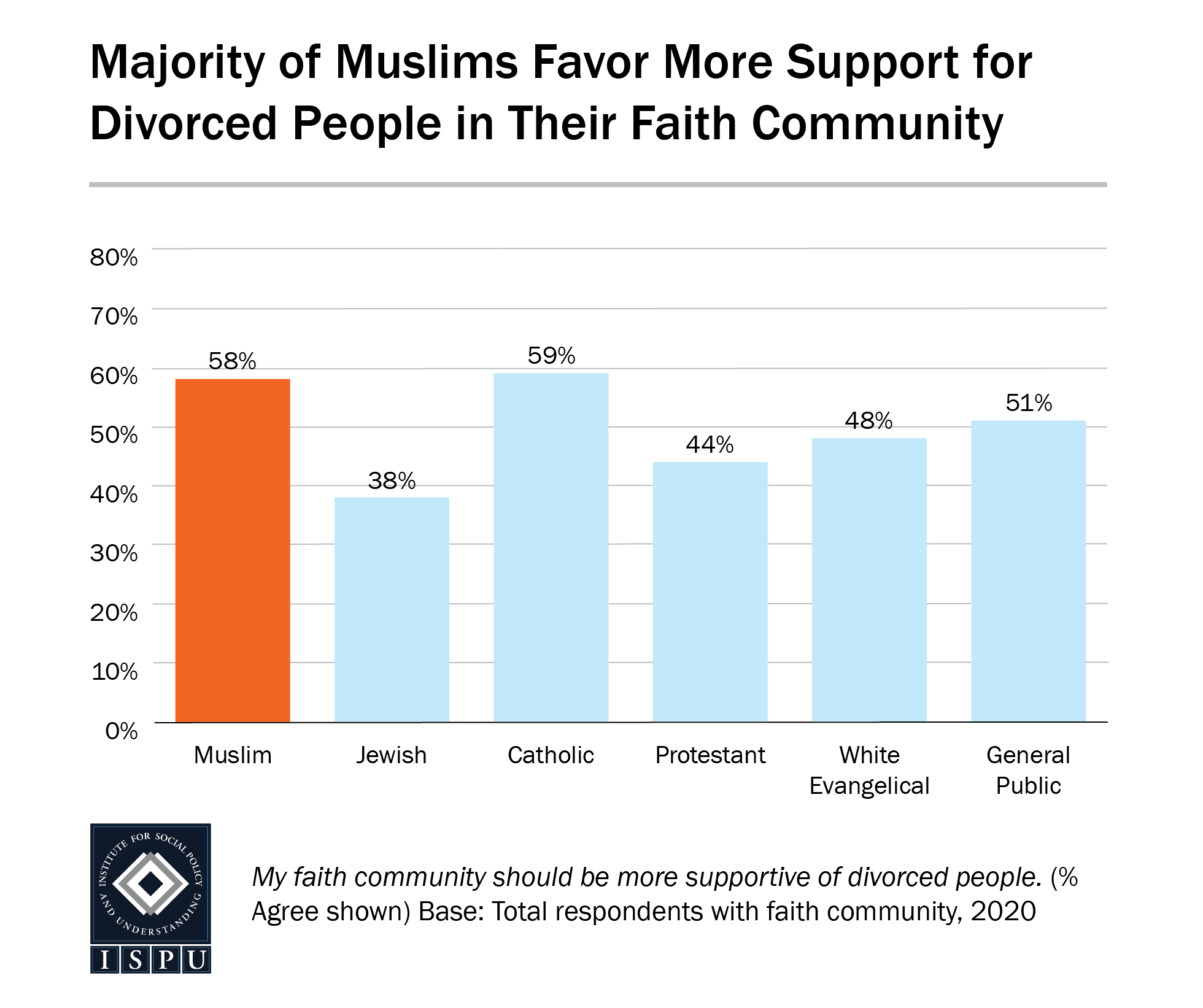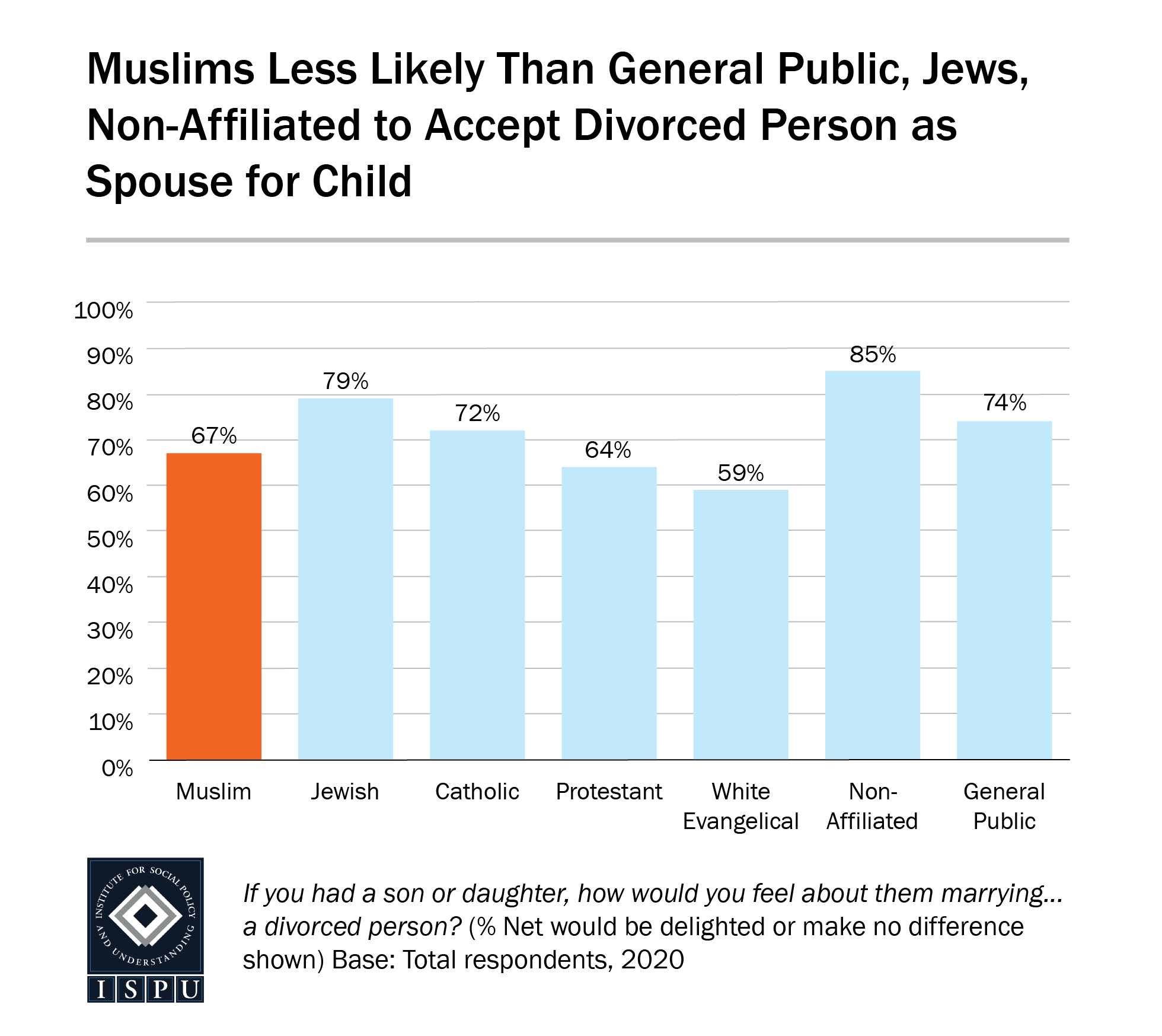The role of the imam is one of the most challenging and critical leadership roles in the American Muslim community. Imams are being called on to do more than lead prayers. They are often called on to council families and youth, interface with law enforcement, present Islam to the wider public, and more. This toolkit provides imams with vital research to help them in their important work. Everything in this toolkit is evidence based and draws on the expertise of some of the top scholars of American Muslim societies in the country.
Please contact us at info@ispu.org with your feedback and questions.
Quick Links
Imams Toolkit
The role of the imam is one of the most challenging and critical leadership roles in the American Muslim community. Imams are being called on to do more than lead prayers. They are often called on to council families and youth, interface with law enforcement, present Islam to the wider public, and more. This toolkit provides imams with vital research to help them in their important work. Everything in this toolkit is evidence based and draws on the expertise of some of the top scholars of American Muslim societies in the country.
Please contact us at info@ispu.org with your feedback and questions.
Quick Links
Youth
This series looks at the unique challenges that today’s young American Muslims face, including religious literacy, online safety, drug use, and issues surrounding both convert care and race.
Reimagining Muslim Spaces
This comprehensive collection of resources aims to stimulate and support mosques to meet the diverse needs of their congregants, creating Muslim spaces that are welcoming, well governed, and hubs for hope.
Marriage and Divorce
This study provides an understanding of the ways in which American Muslims perceive and utilize marriage education and marital interventions.
Mental Health
This collection of resources on American Muslim mental health can help individuals and mental health professionals more effectively address the unique challenges that Muslims face.
Muslim Philanthropy
This report uses data from American Muslim Poll 2018 to reveal how and why American Muslims give.
Weekend Islamic Schools
This report identifies needs, opportunities, and challenges for weekend Islamic schools and includes recommendations for teachers, administrators, and parents.
Helpful Toolkits
ISPU | Yaqeen Talk Toolkits
Khutbahs and Research Come Together
ISPU worked with the Yaqeen Institute to integrate ISPU research into a series of khutbahs developed by Yaqeen, allowing communities around the country to receive evidence-based and inspiring Friday sermons. These toolkits are specifically developed as a tool to empower and equip imams, youth directors, MSA leaders, and Islamic schools to address topics relevant to the concerns of American Muslims today. Want to use Yaqeen | ISPU Talk Toolkits to start conversations in your mosque about women’s inclusivity, civic engagement, community racism, Islamophobia, or reclaiming the narrative about Islam? Read more and view the materials. Watch out for more topics coming soon!
The Family Youth Institute (FYI) Toolkits
Divorce and Marriage Resources
The FYI Marriage Prep Toolkit is a guide for identifying personal expectations around marriage, navigating courtship, determining compatibility, and making the decision to marry.
The FYI Divorce Support Toolkit provides resources and practical tips on maneuvering through a divorce and addressing some of the issues that may provide challenges, regardless of what stage one is in.
ISPU Islamophobia Toolkit
ISPU’s Islamophobia Toolkit details the types and manifestations of Islamophobia and how to effectively counter and dismantle Islamophobia in various public and private spaces.
ISPU Countering Mosque Opposition Toolkit
ISPU’s Countering Mosque Opposition Toolkit offers recommendations and resources to understand, preempt, and challenge opposition to mosque and Islamic center construction and expansion.
Building Mosques in America
Building Mosques in America: Strategies for Securing Municipal Approvals
This report is intended as a best practices guide
01 October, 2010Countering Anti-Muslim Opposition to Mosque and Islamic Center Construction and Expansion: Full Toolkit
This document contains the full toolkit PDF of Cou
23 May, 2022Countering Anti-Muslim Opposition to Mosque and Islamic Center Construction and Expansion: Key Findings
This document contains key findings from the toolk
23 May, 2022Not In Our Neighborhood: Managing Opposition to Mosque Construction
This report is intended as a best practices guide
01 October, 2010
Helpful Handouts
Videos
Meet Adam and Mona. They’re Muslim parents searching for a new weekend Islamic school for their kids. What should they look for? Watch this video for evidence-based recommendations for ways weekend Islamic schools can prepare children for life ahead.
Like other Americans, those who identify as Muslims and attend a religious service at least once a week are also more likely to have voted in the midterms. This suggests that mosques are spaces for mobilizing communities toward greater civic participation. Watch this video to learn more.
A conversation with Rafee Al-Mansur (MFT-R), Dalia Mogahed (ISPU), and Madiha Tahseen (The FYI) about divorce in American Muslim communities. In this webinar, you’ll learn about counseling trends, mental health needs, stigma, and available resources.
More Useful Data
The graphs and graphics below show important findings from our 2016, 2017, 2018, and 2019 American Muslim Poll.
DEMOGRAPHICS + DISPARITIES
FAITH + IDENTITY
MUSLIM GIVING
DOMESTIC VIOLENCE
CIVIC ENGAGEMENT
AMERICAN ATTITUDES
DIVORCE
Countering Violent Extremism Programs
What You Need to Know
CVE (Countering Violent Extremism) is a government program that seeks to stamp out violent extremism by providing resources to targeted communities to build and sustain on-the-ground prevention efforts. Since its initiation, CVE has become a topic of contention among politicians, critics and scholars. Is CVE effective, or does it unfairly place responsibility upon specific groups (often American Muslims) to prematurely detect terrorist activity? Contrasting viewpoints leave American Muslim communities wondering whether or not they should engage with law enforcement on CVE measures. On our CVE resource page, ISPU compiled resources about Countering Violent Extremism efforts and how they impact the Muslim community, showcasing multiple perspectives.








